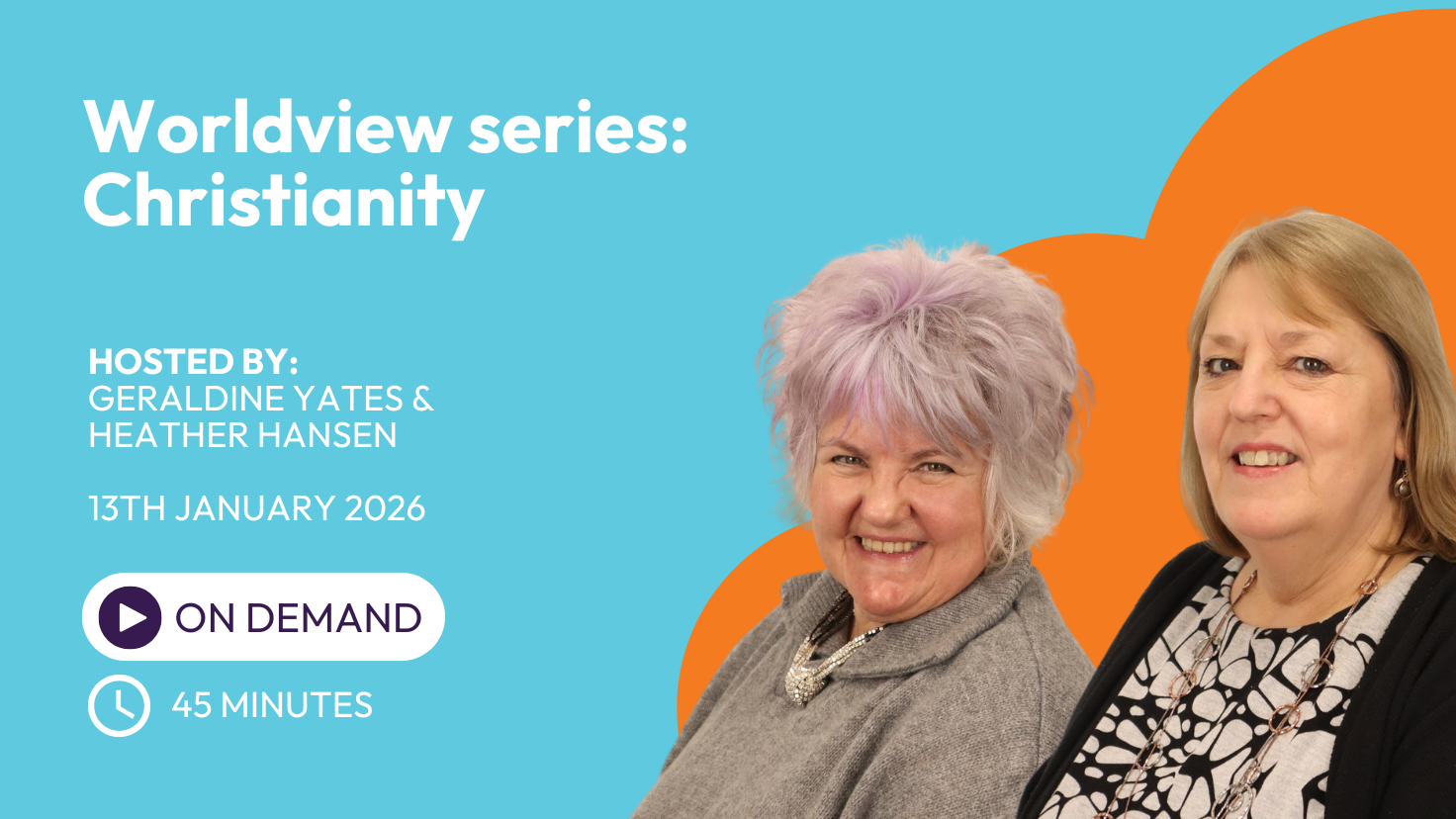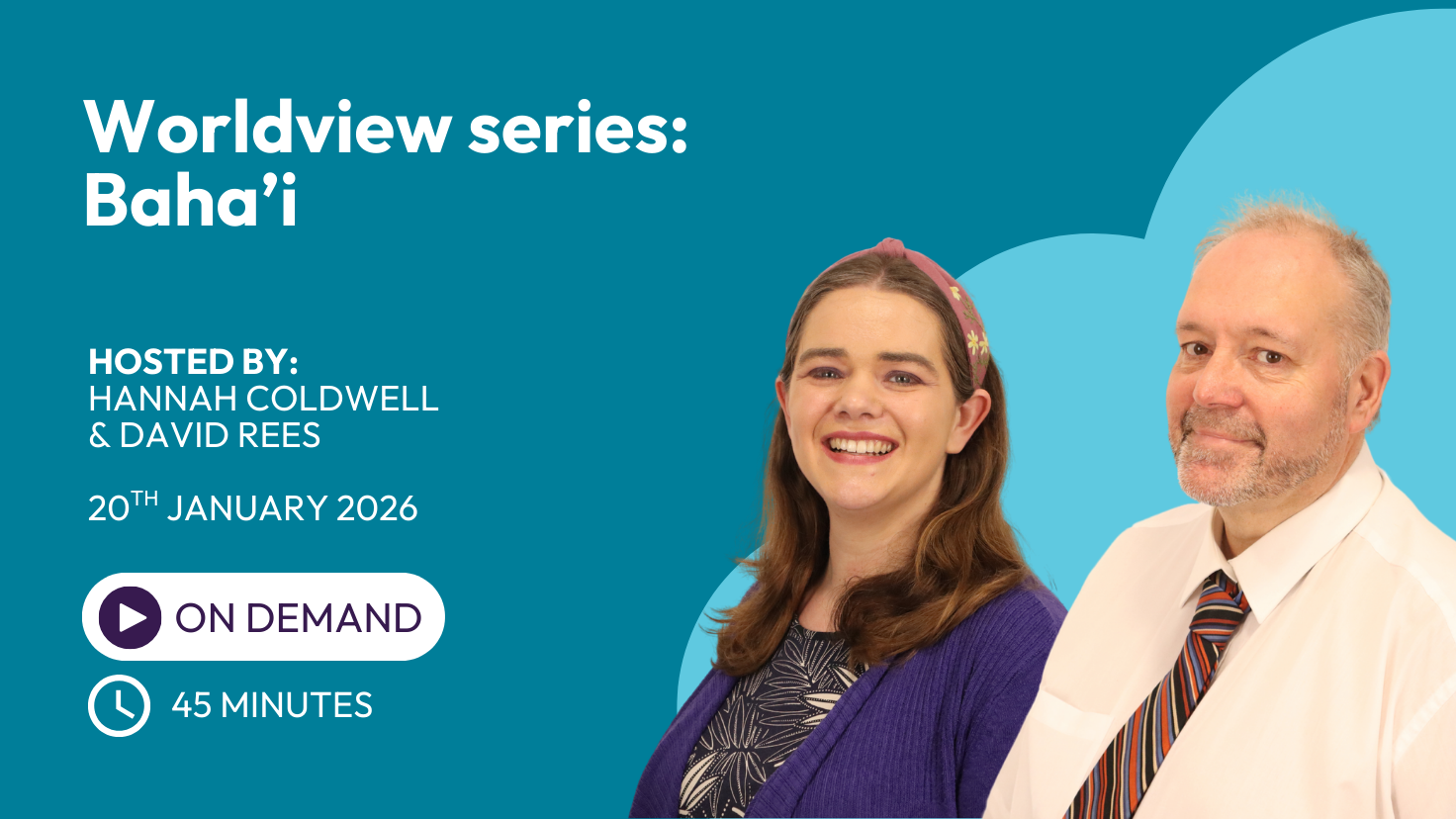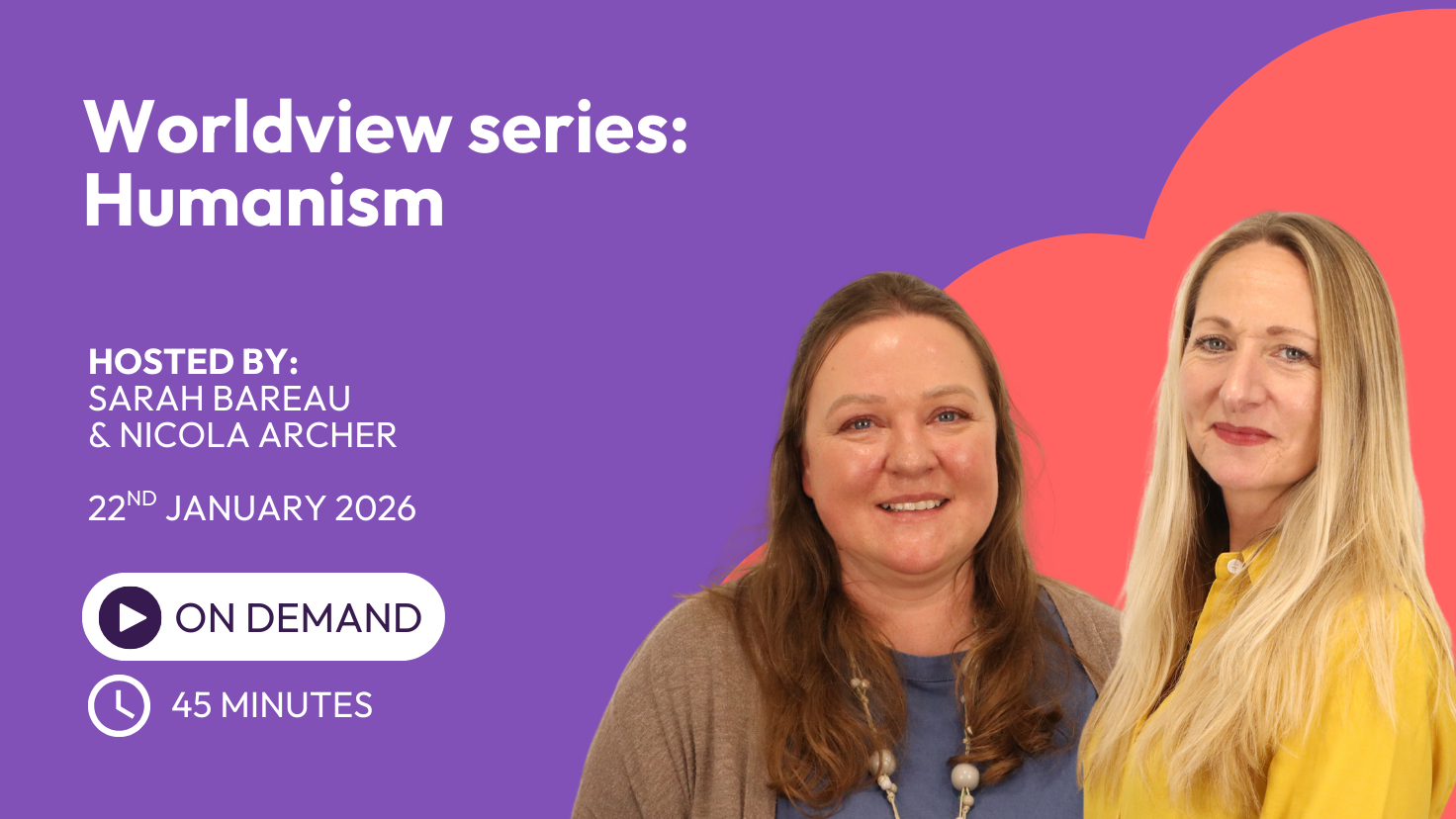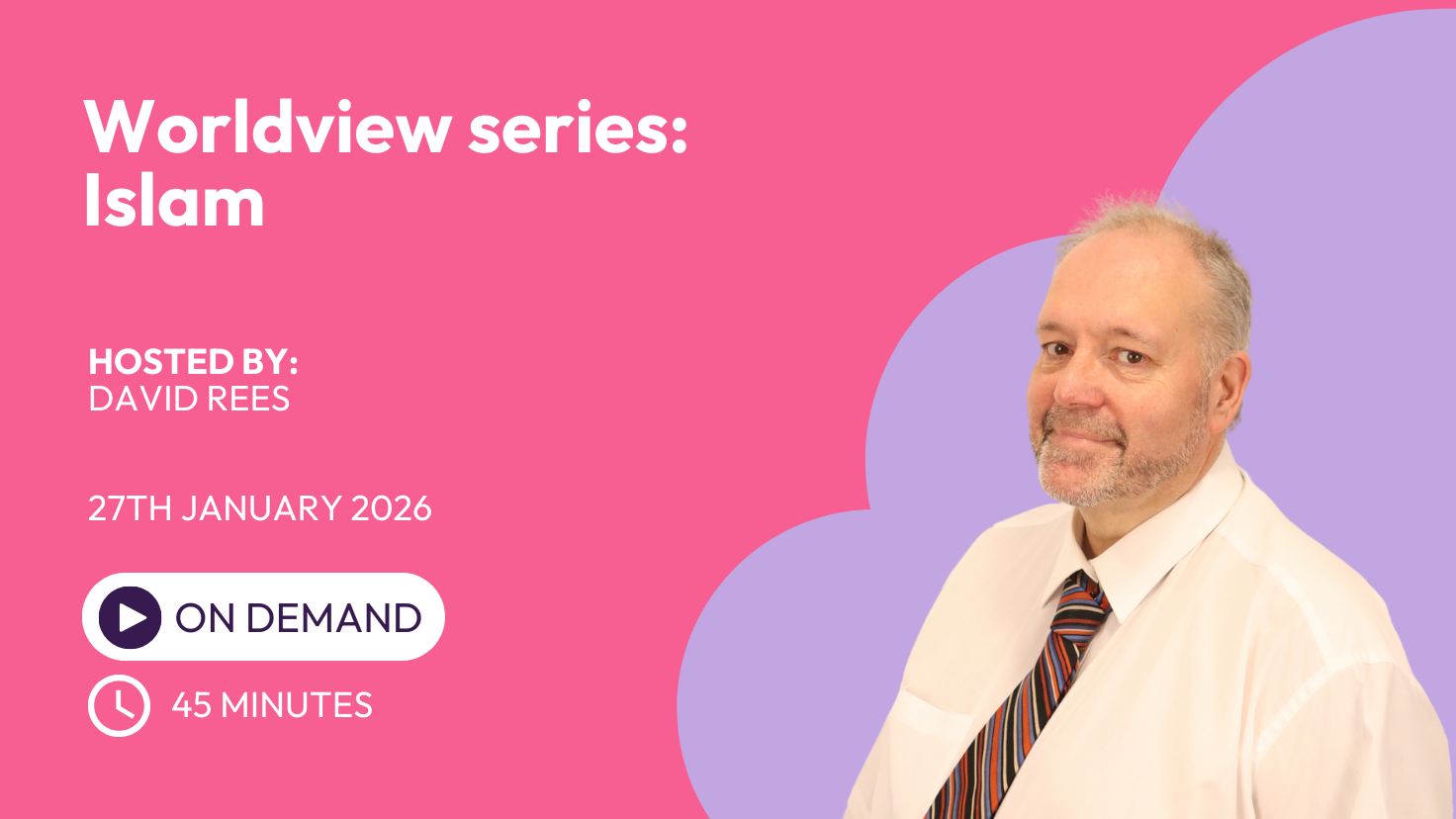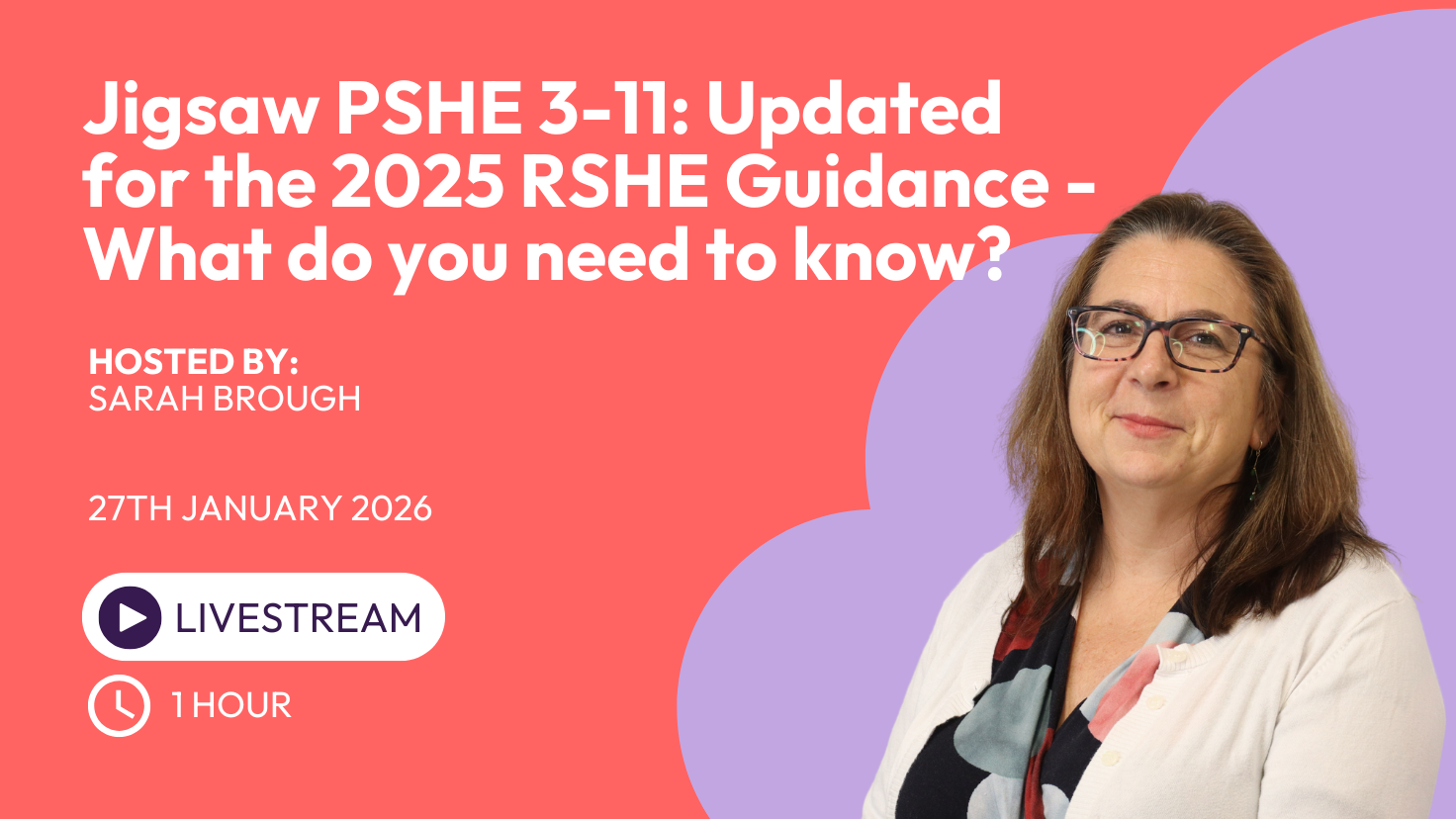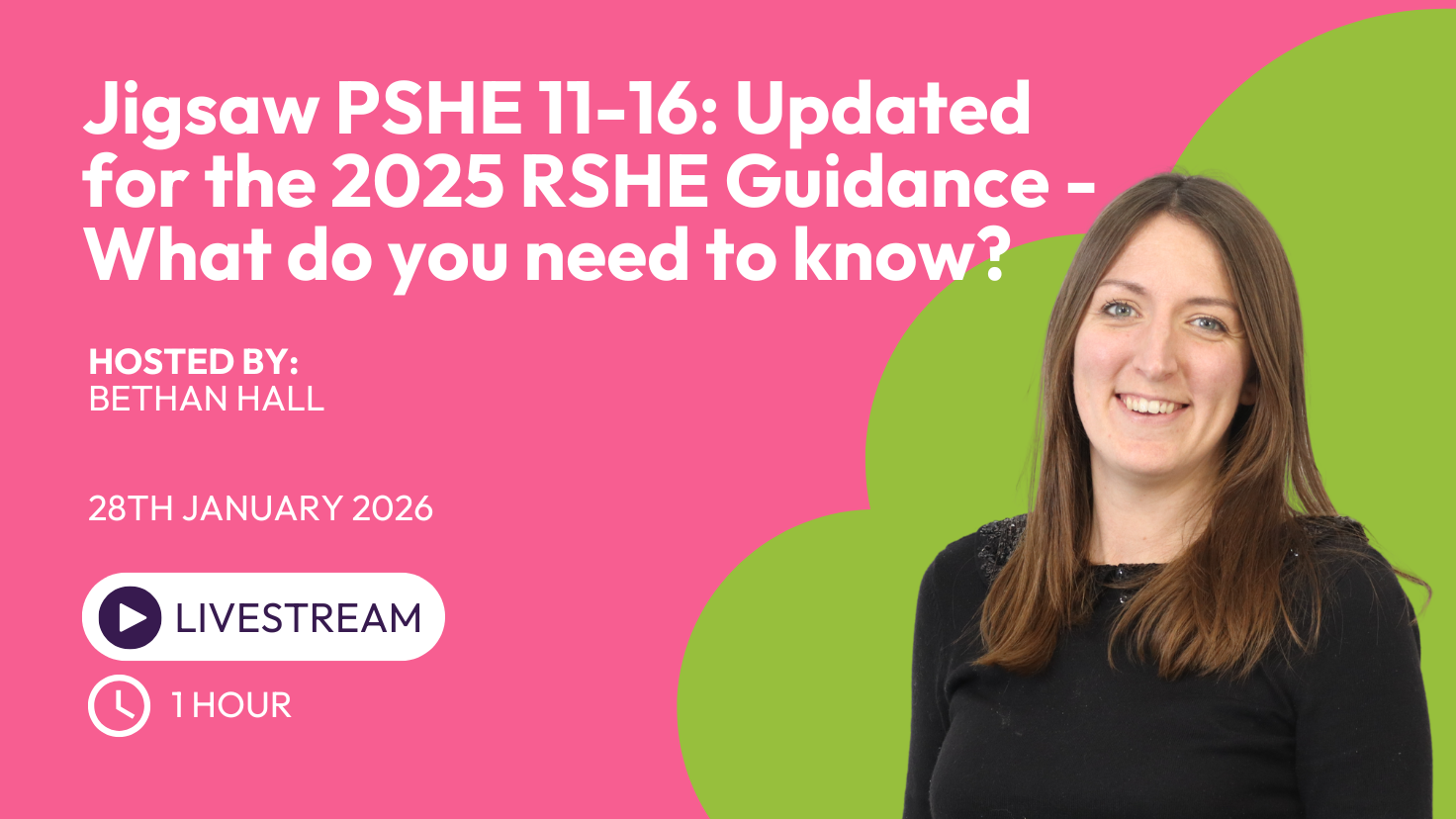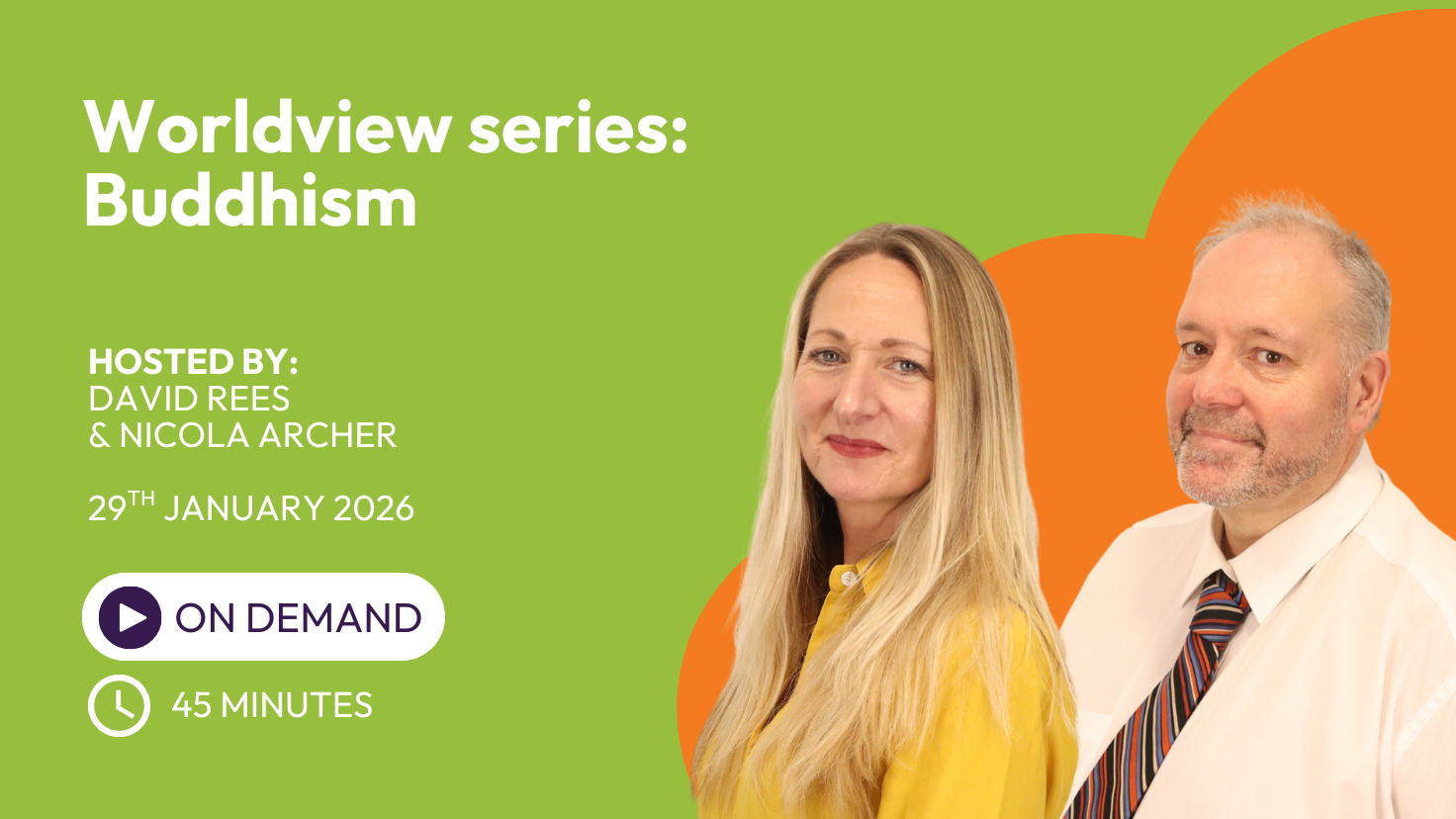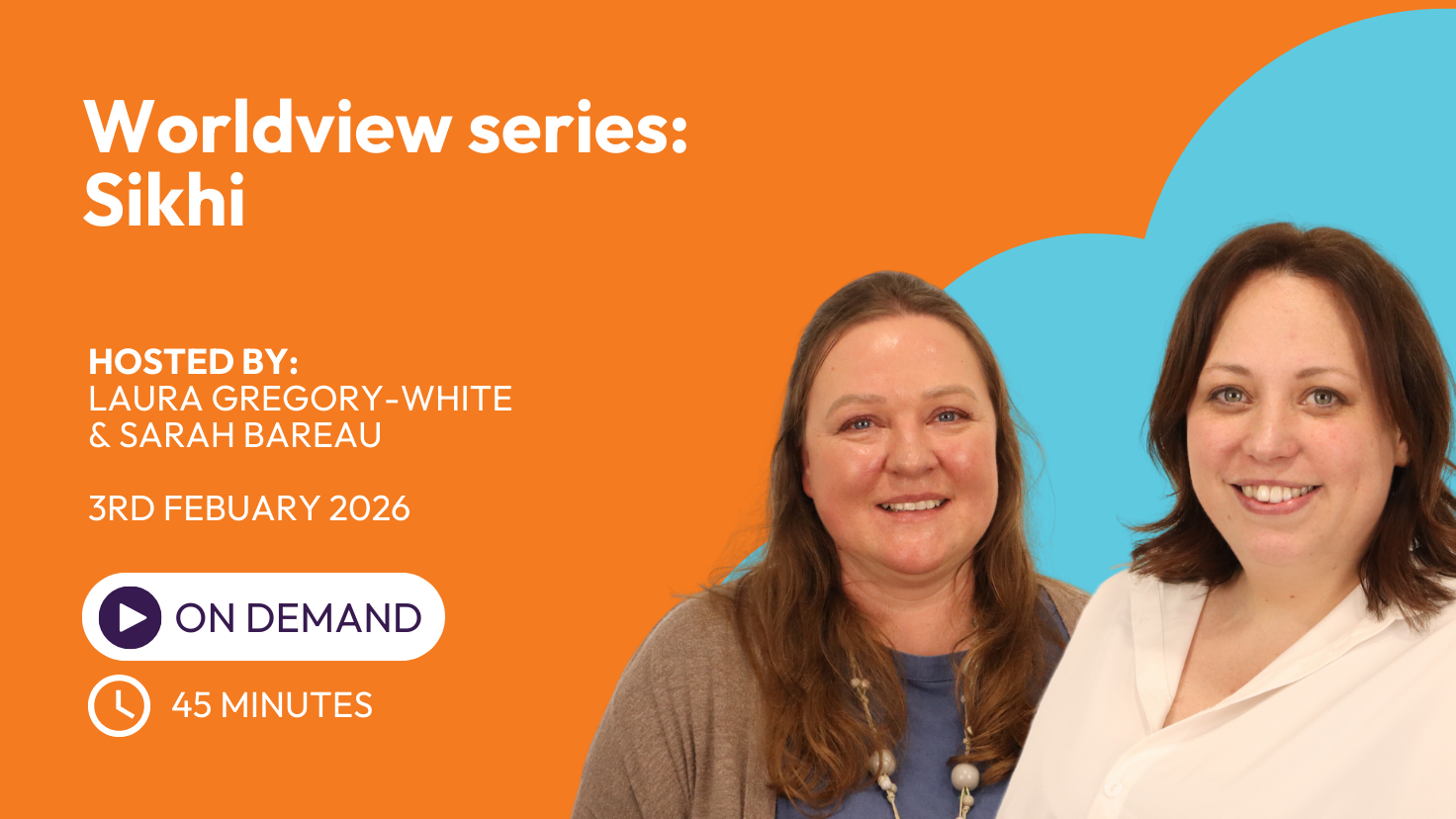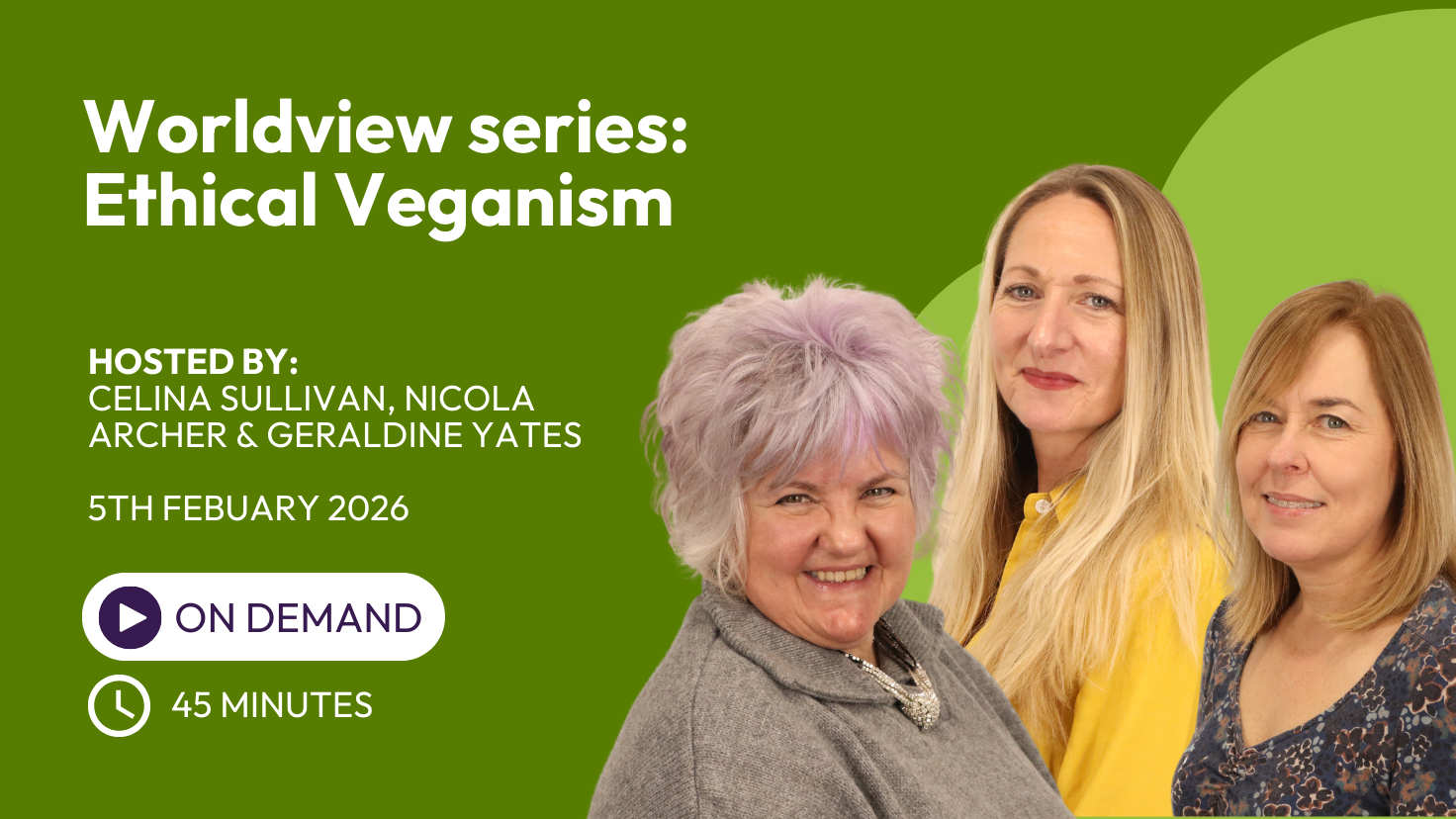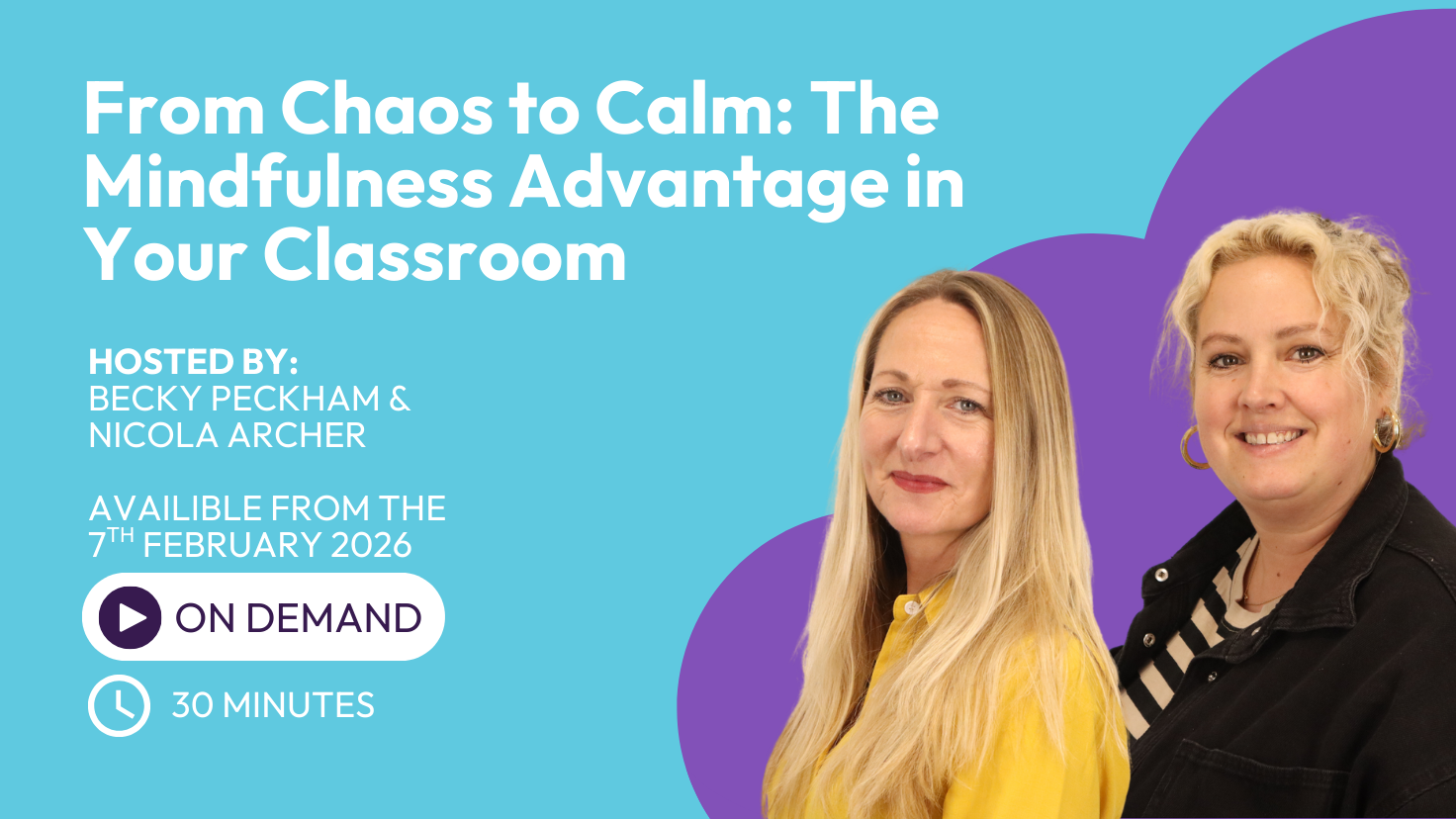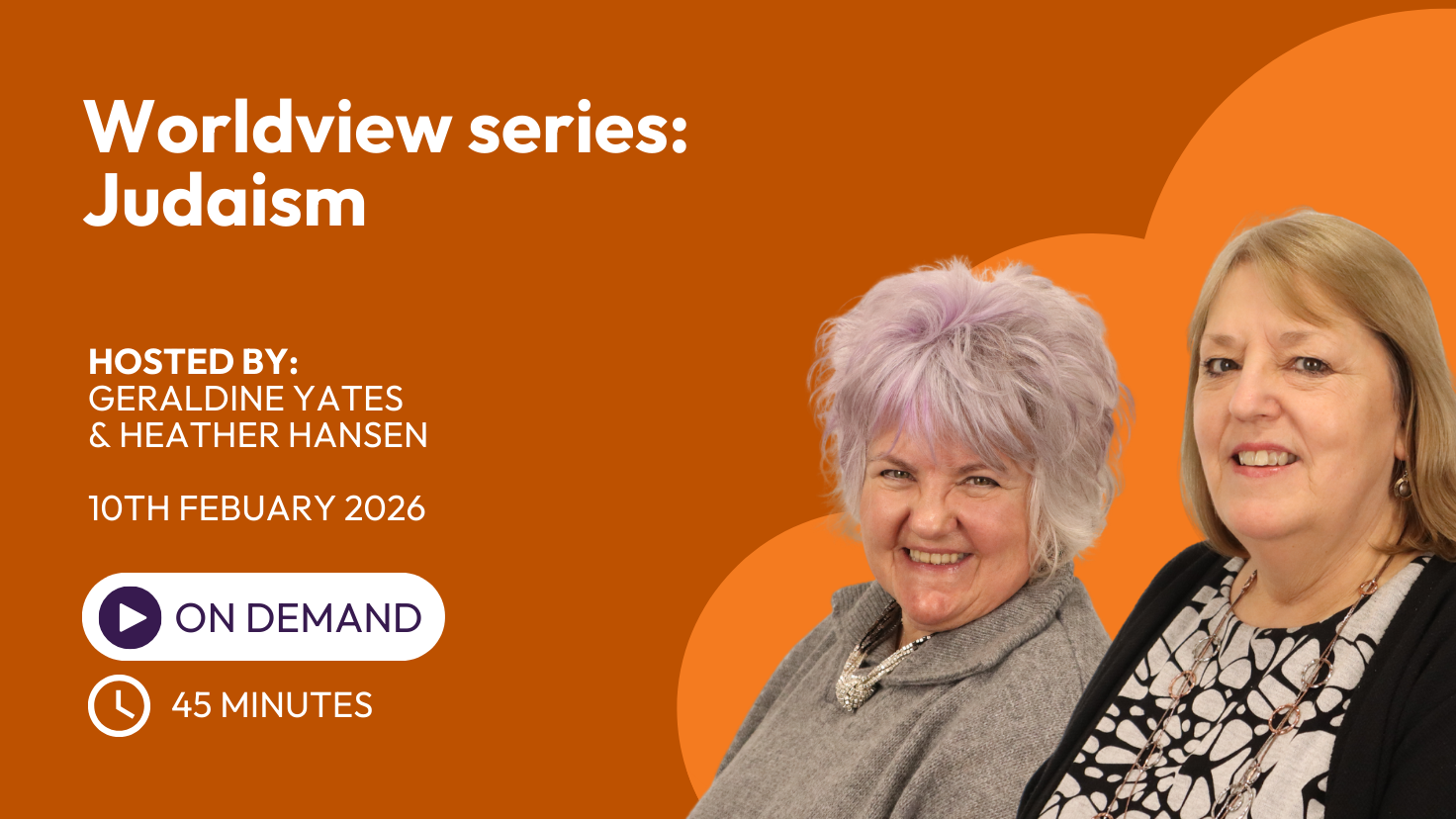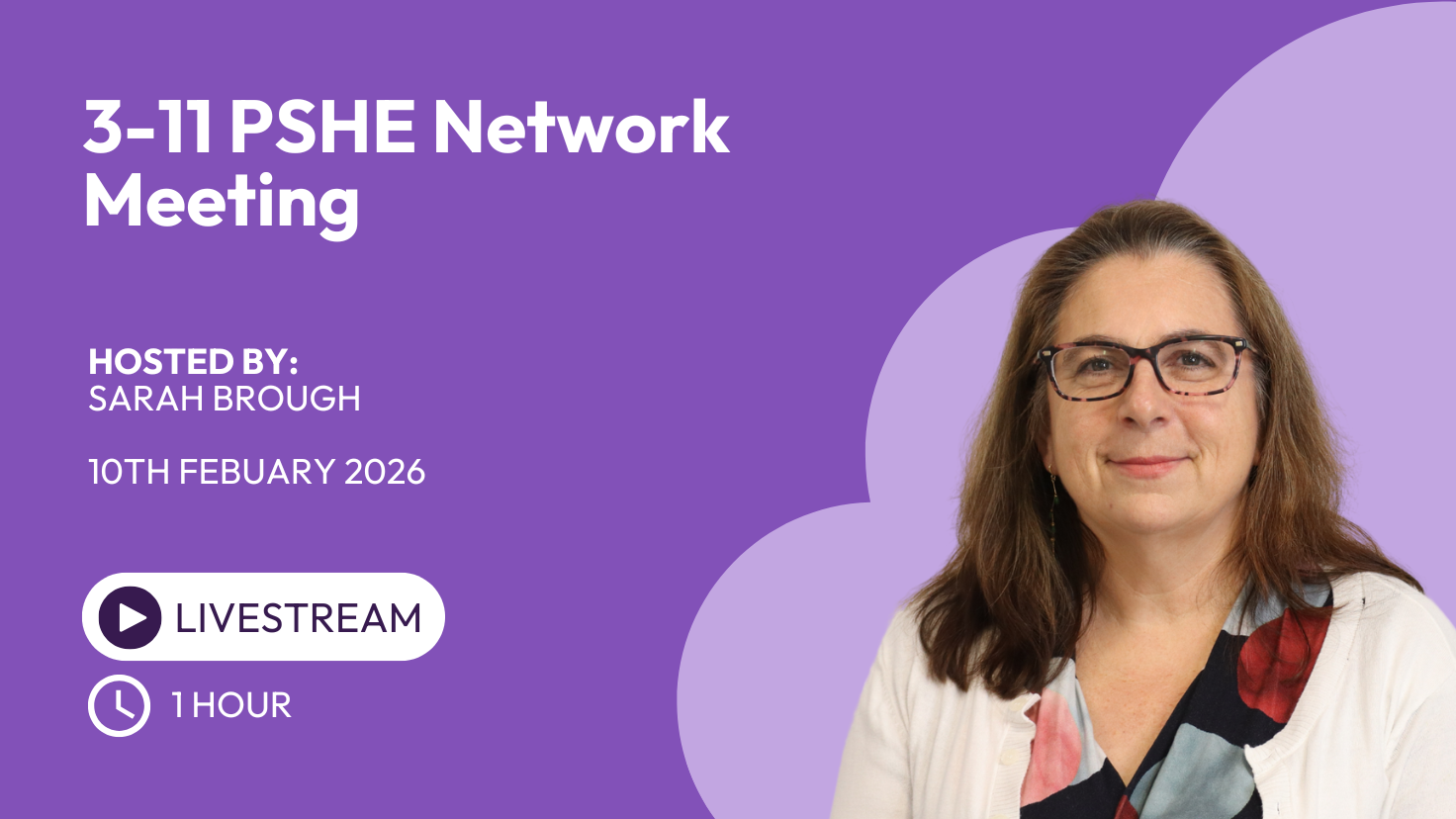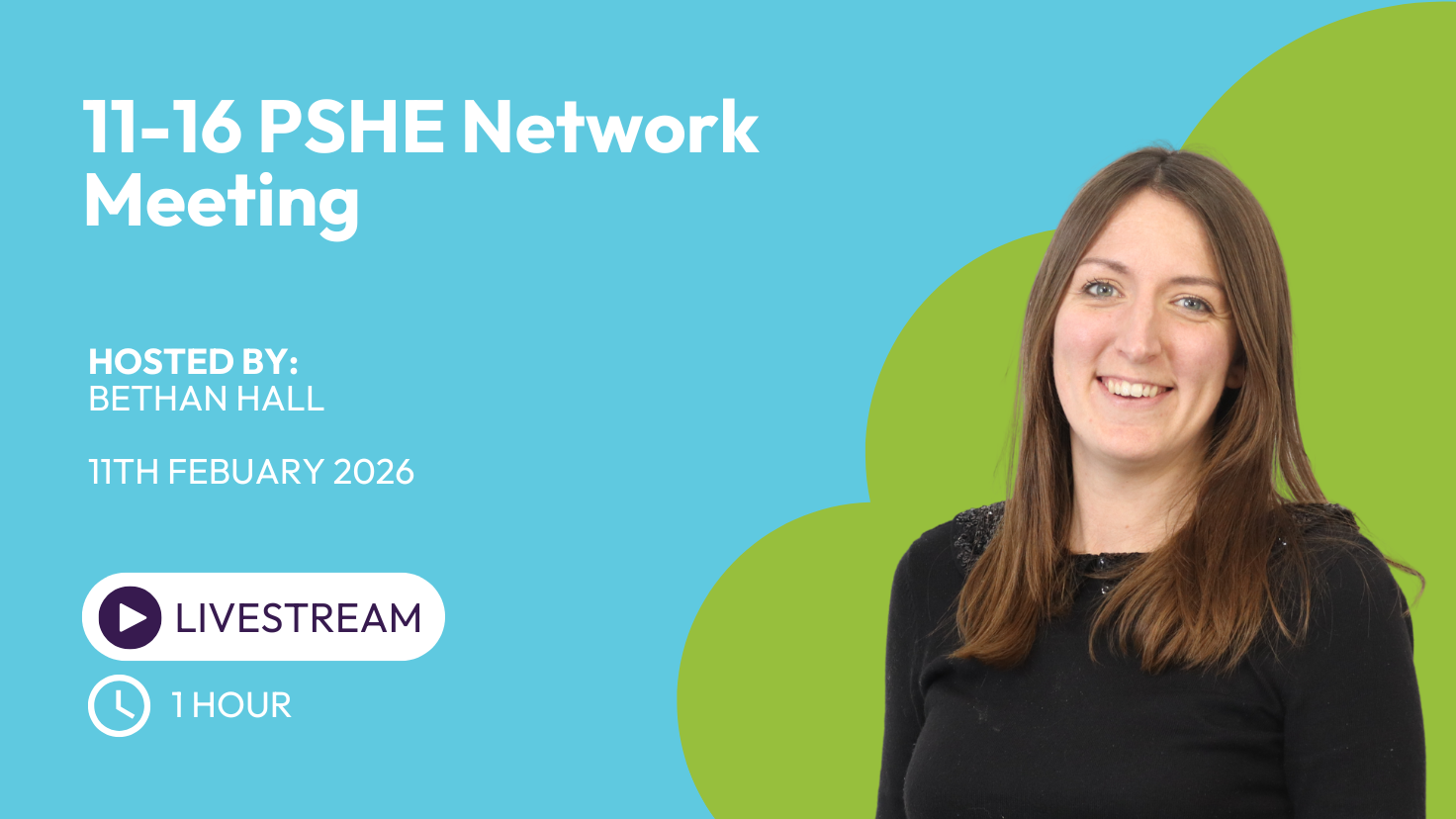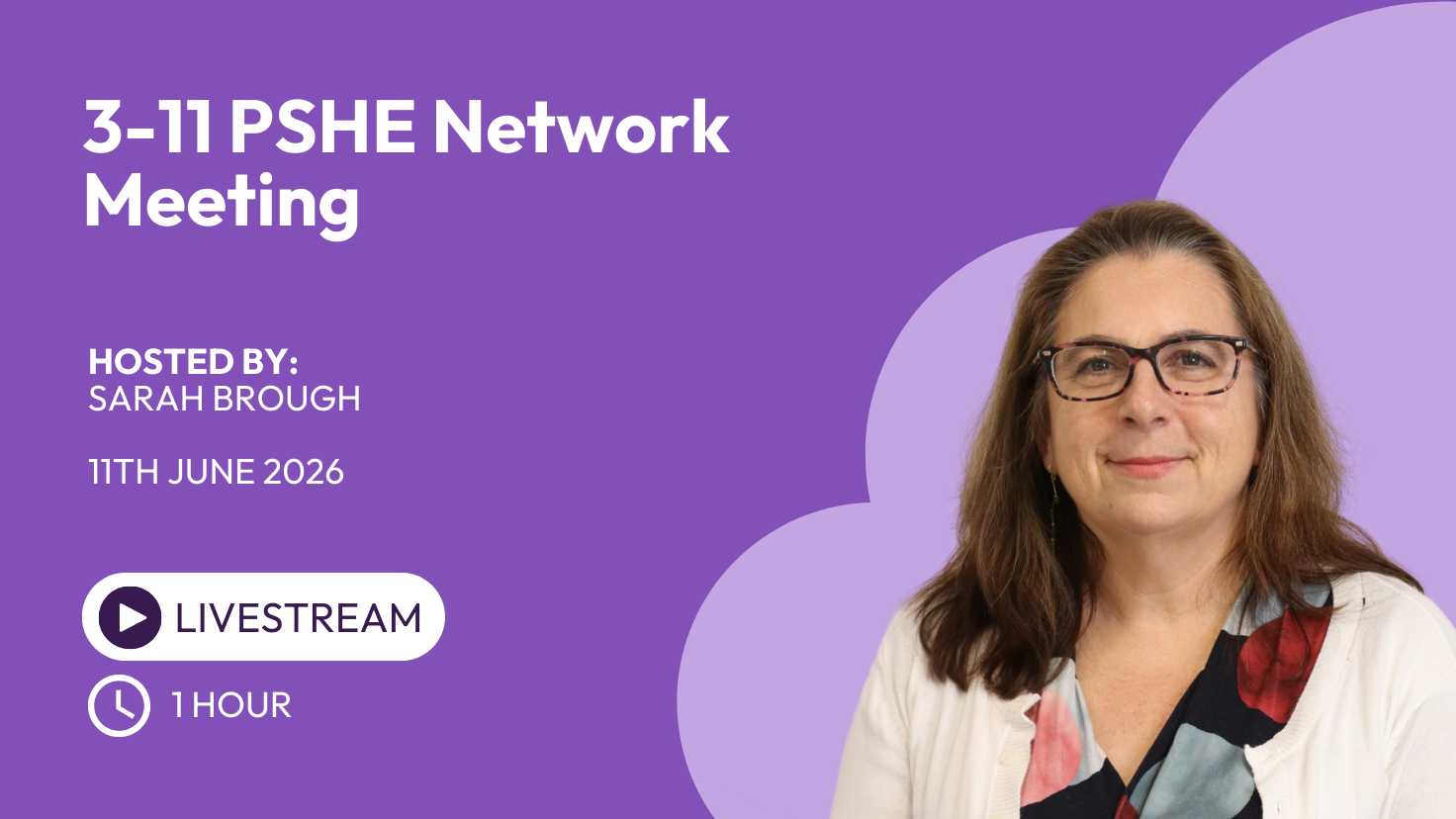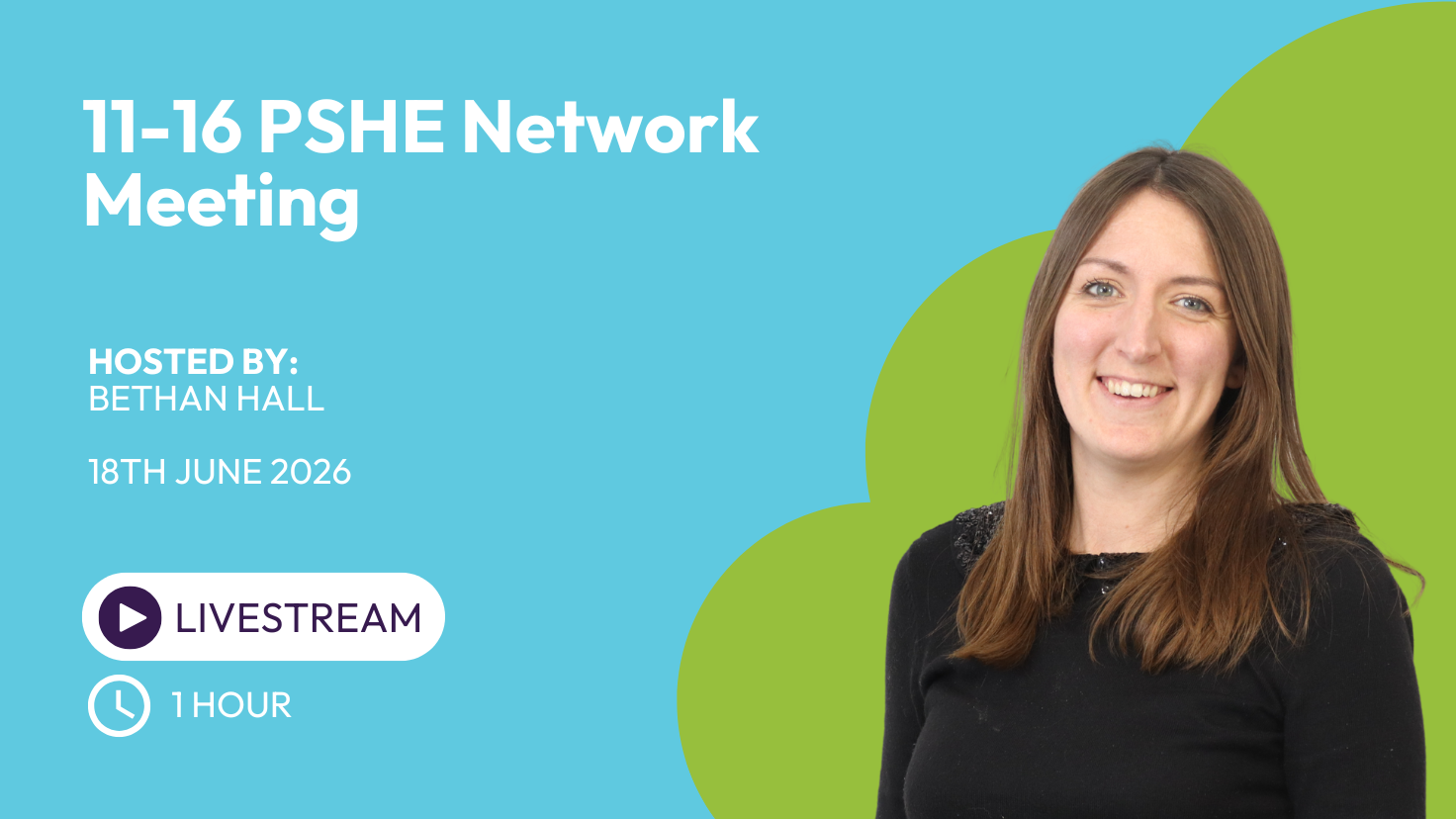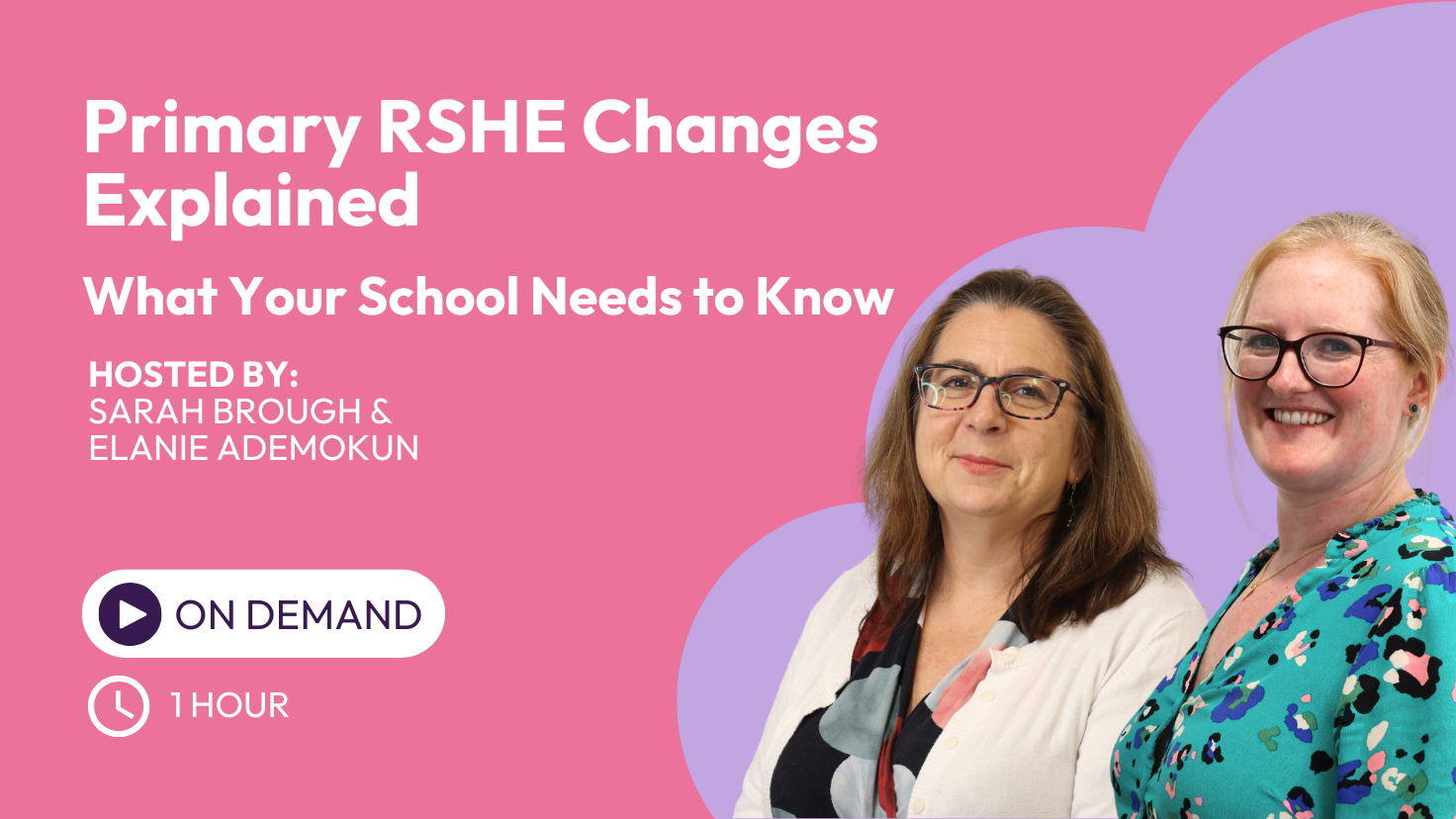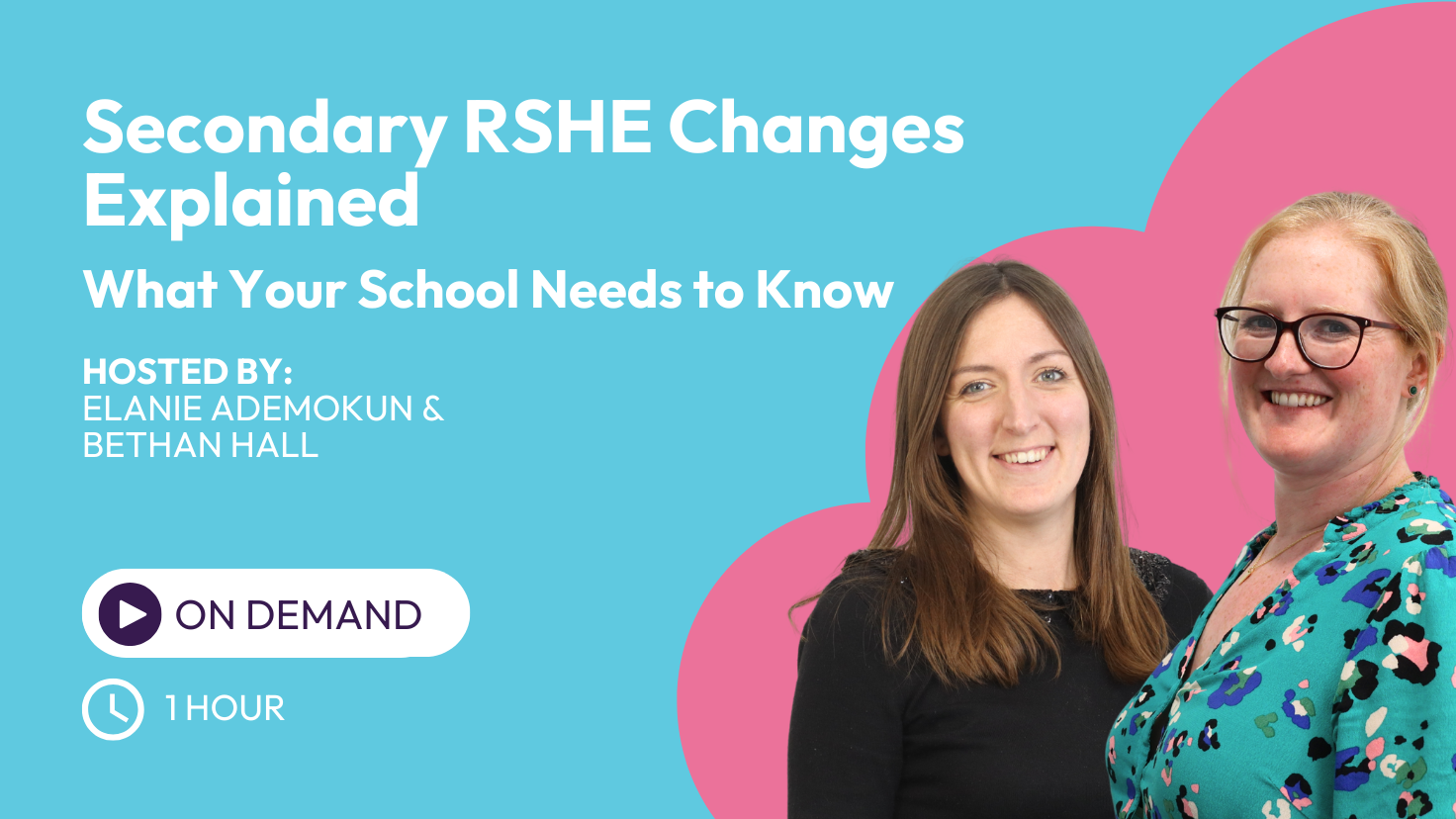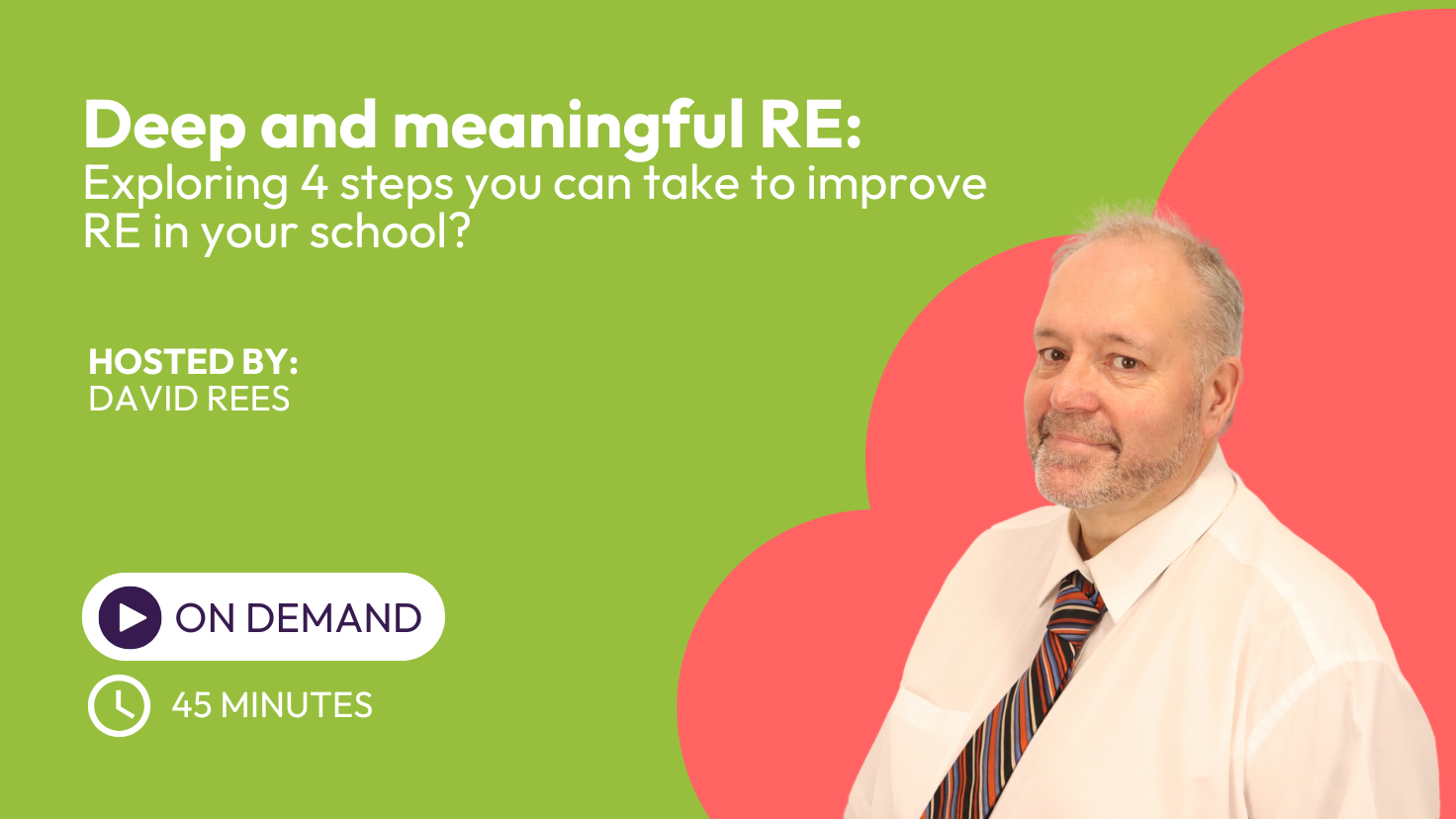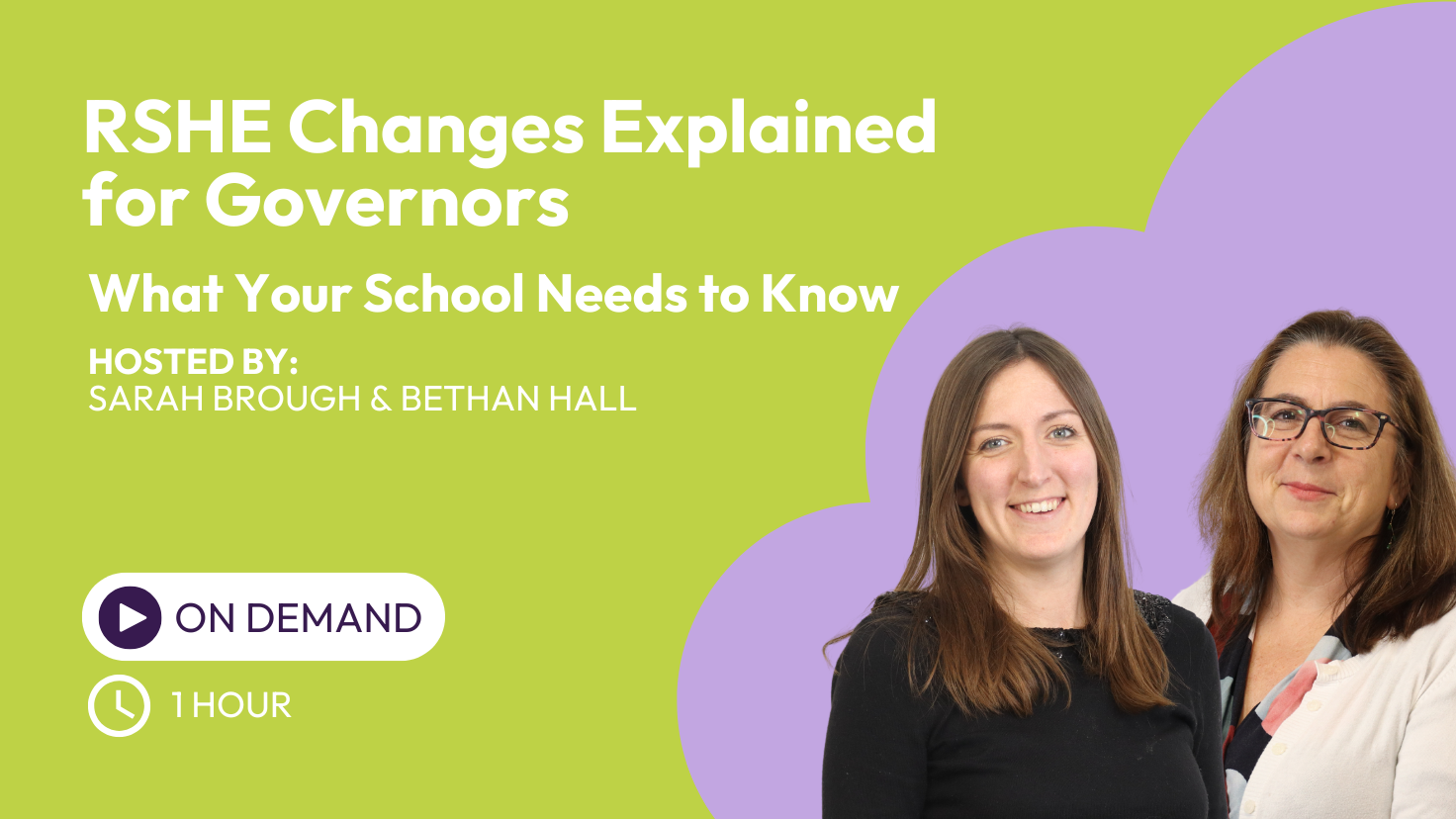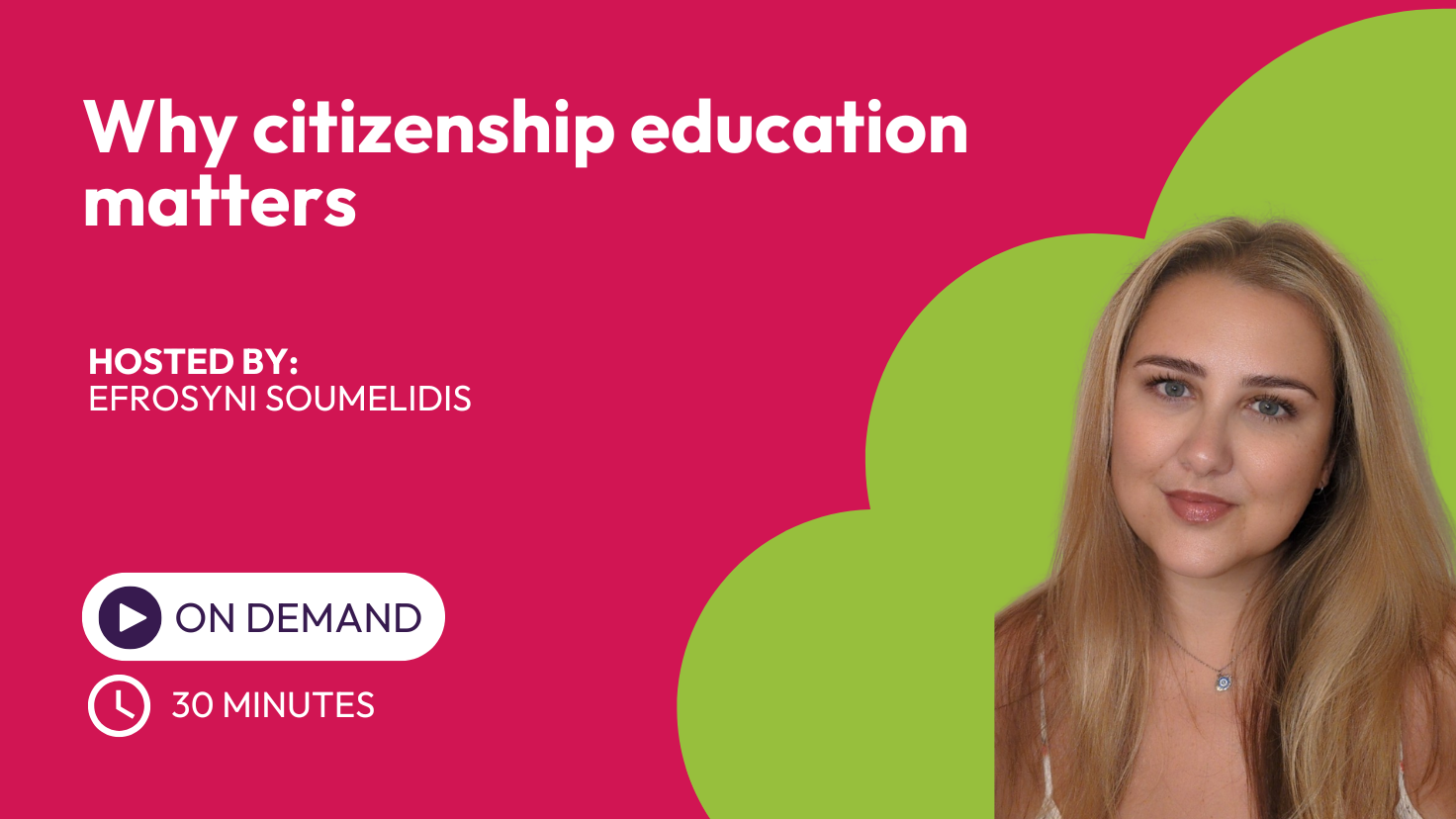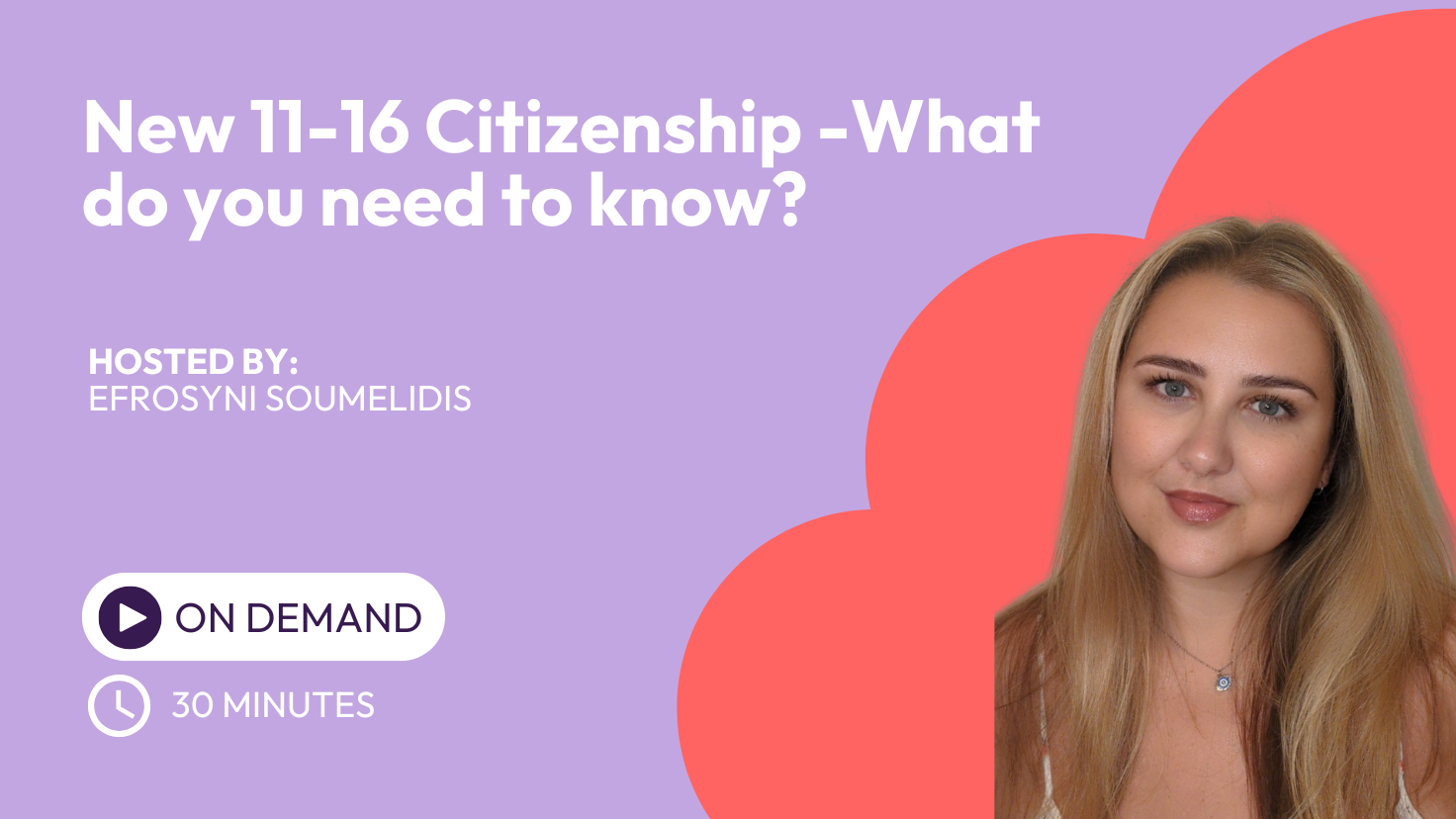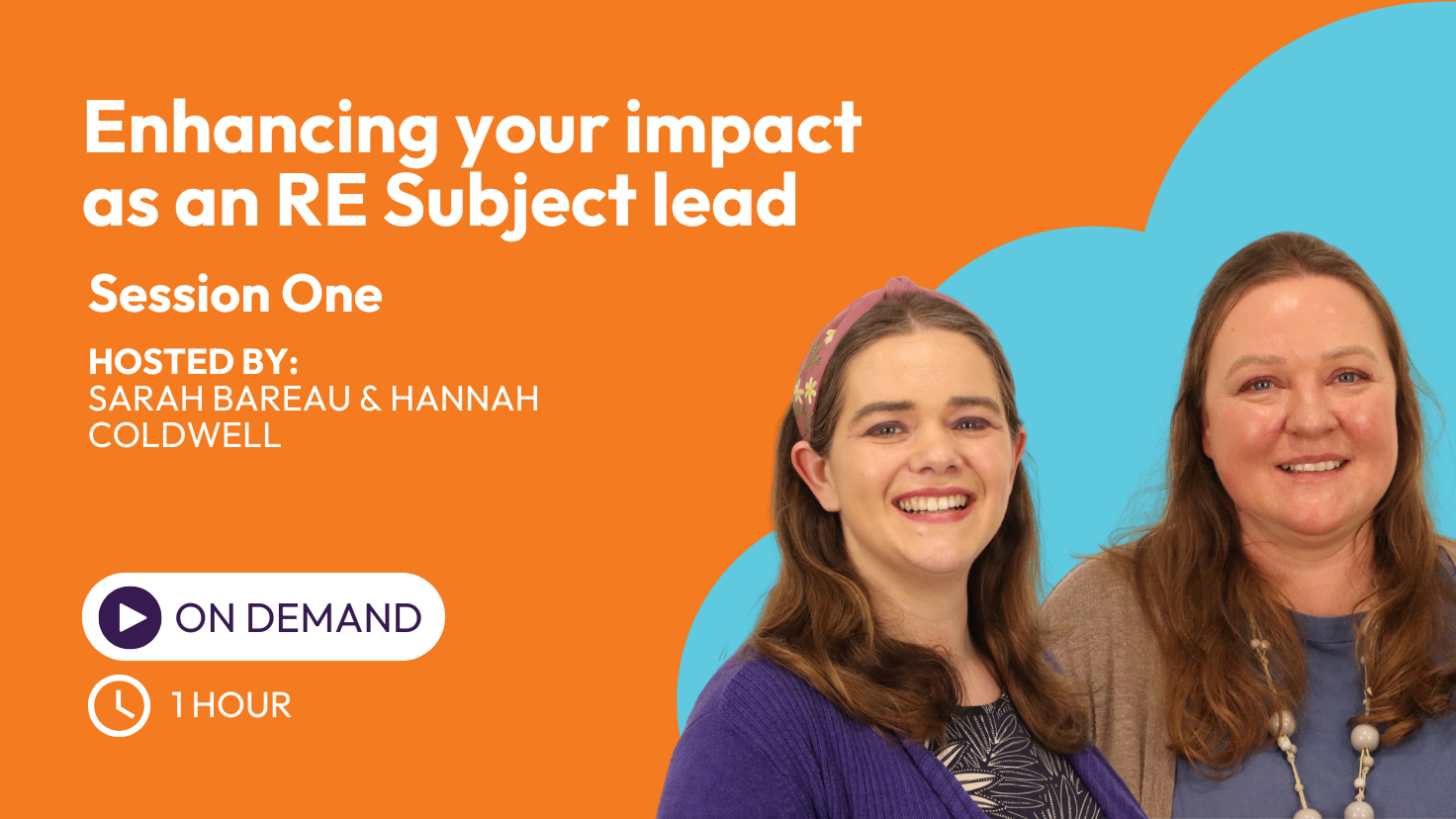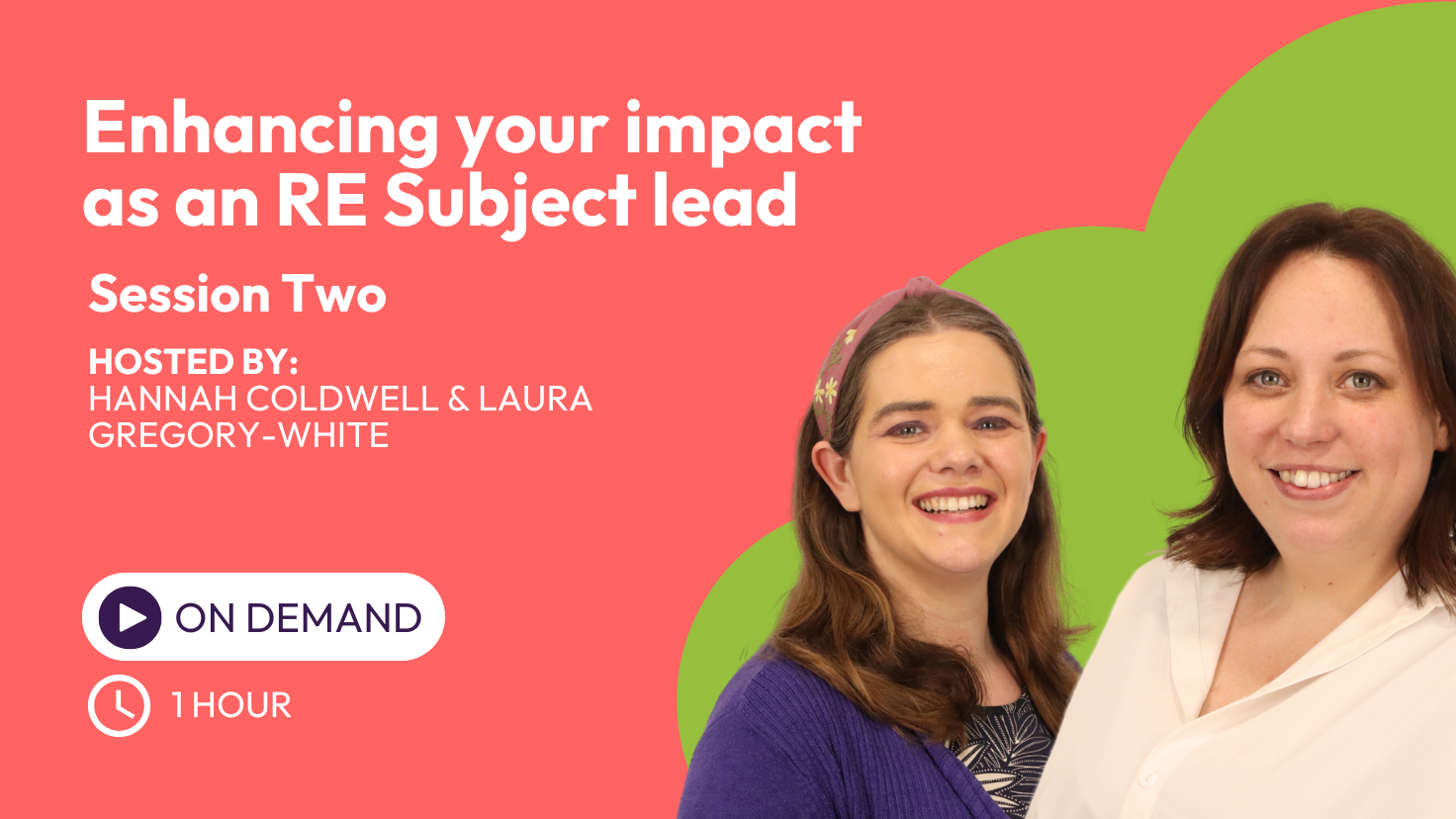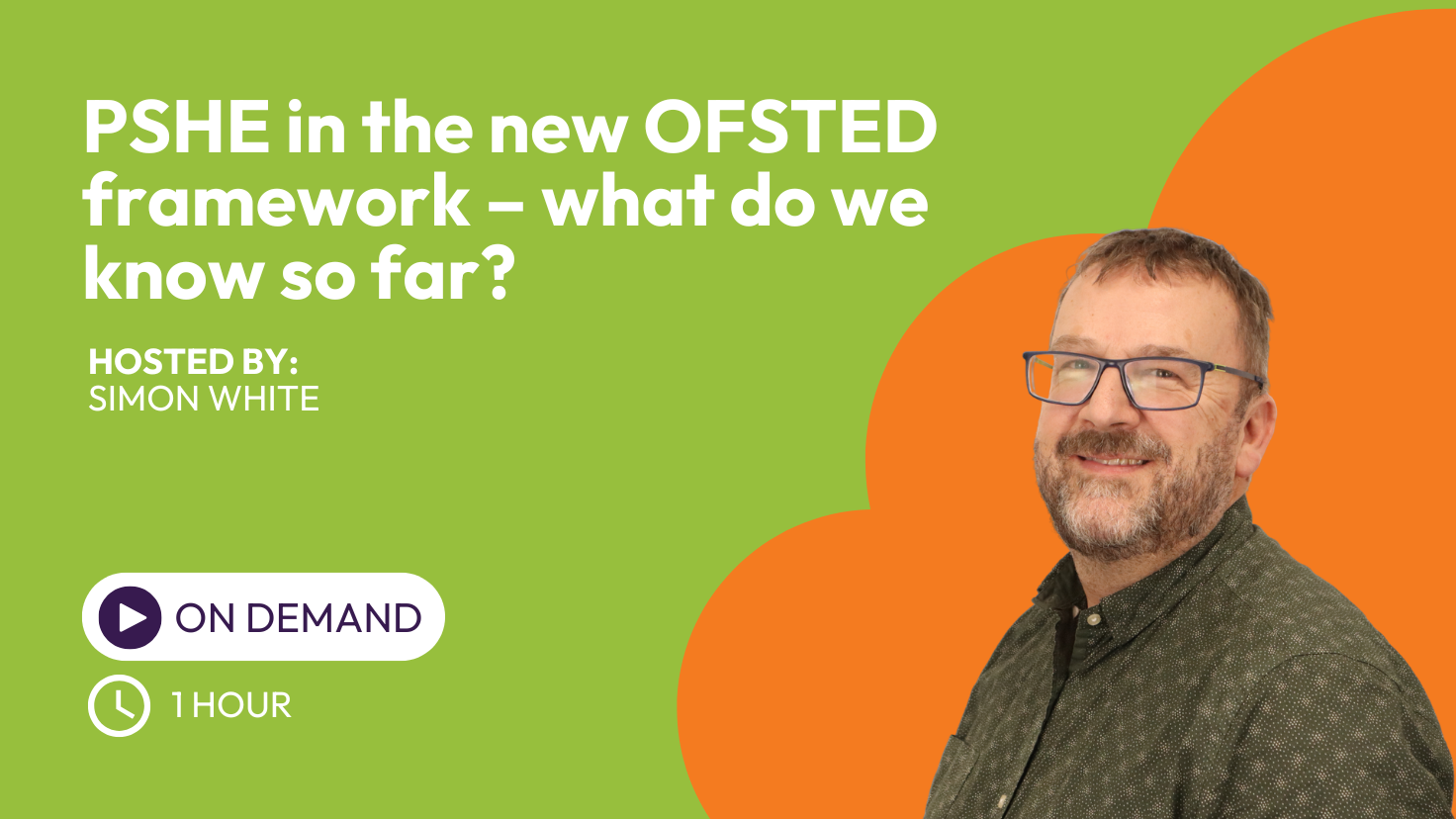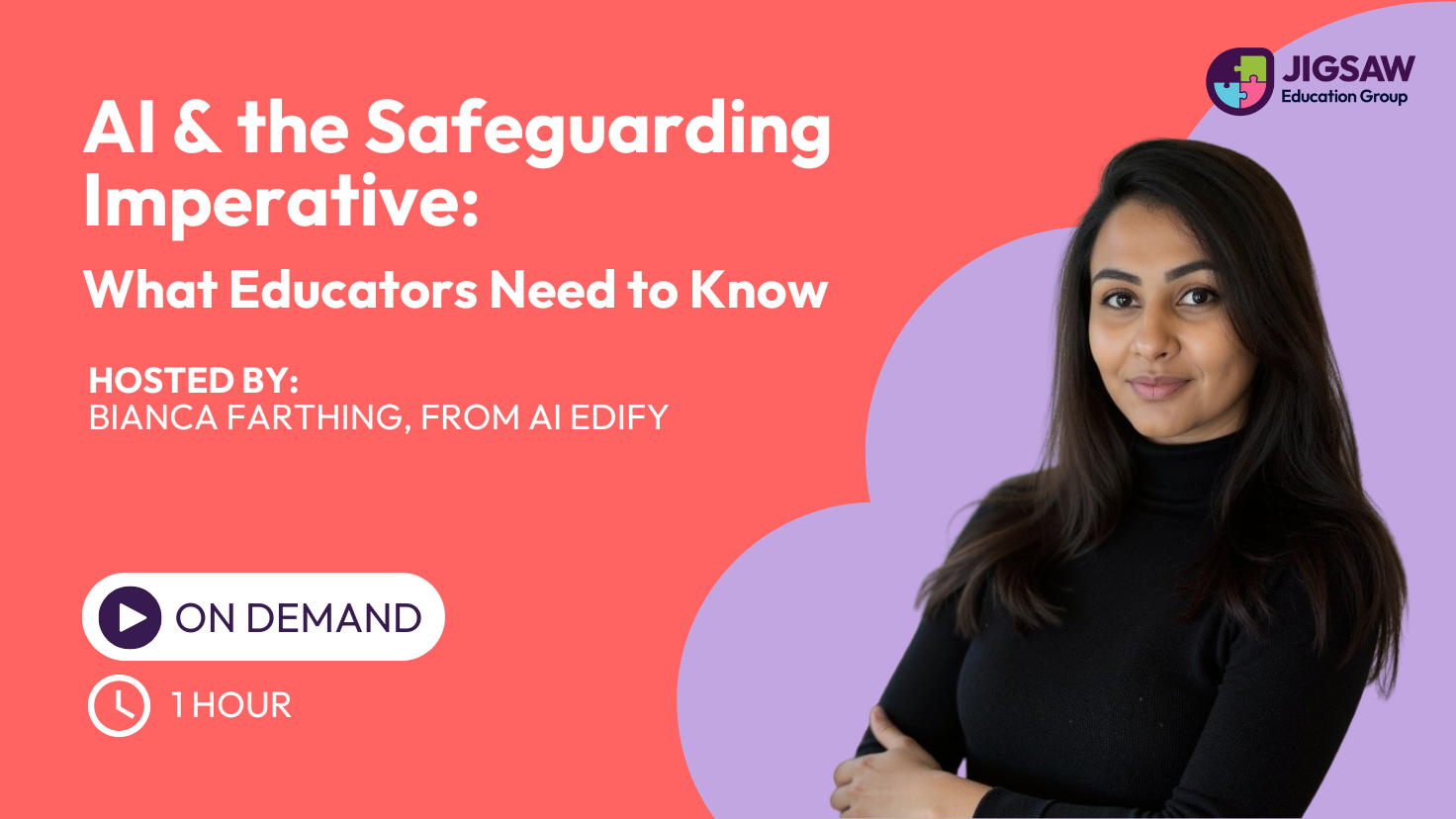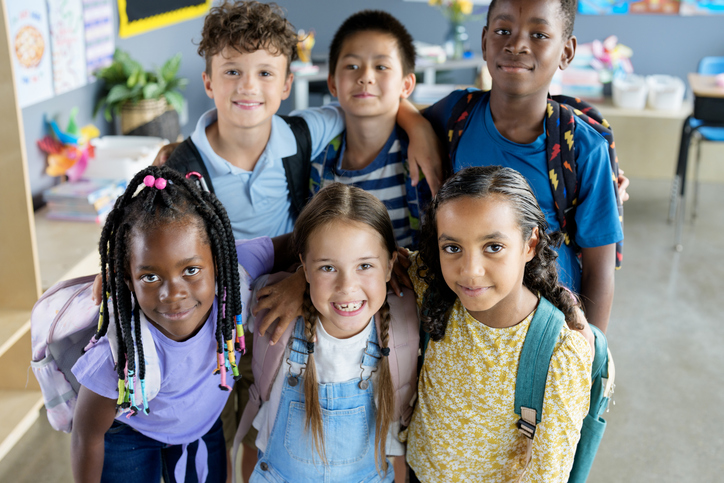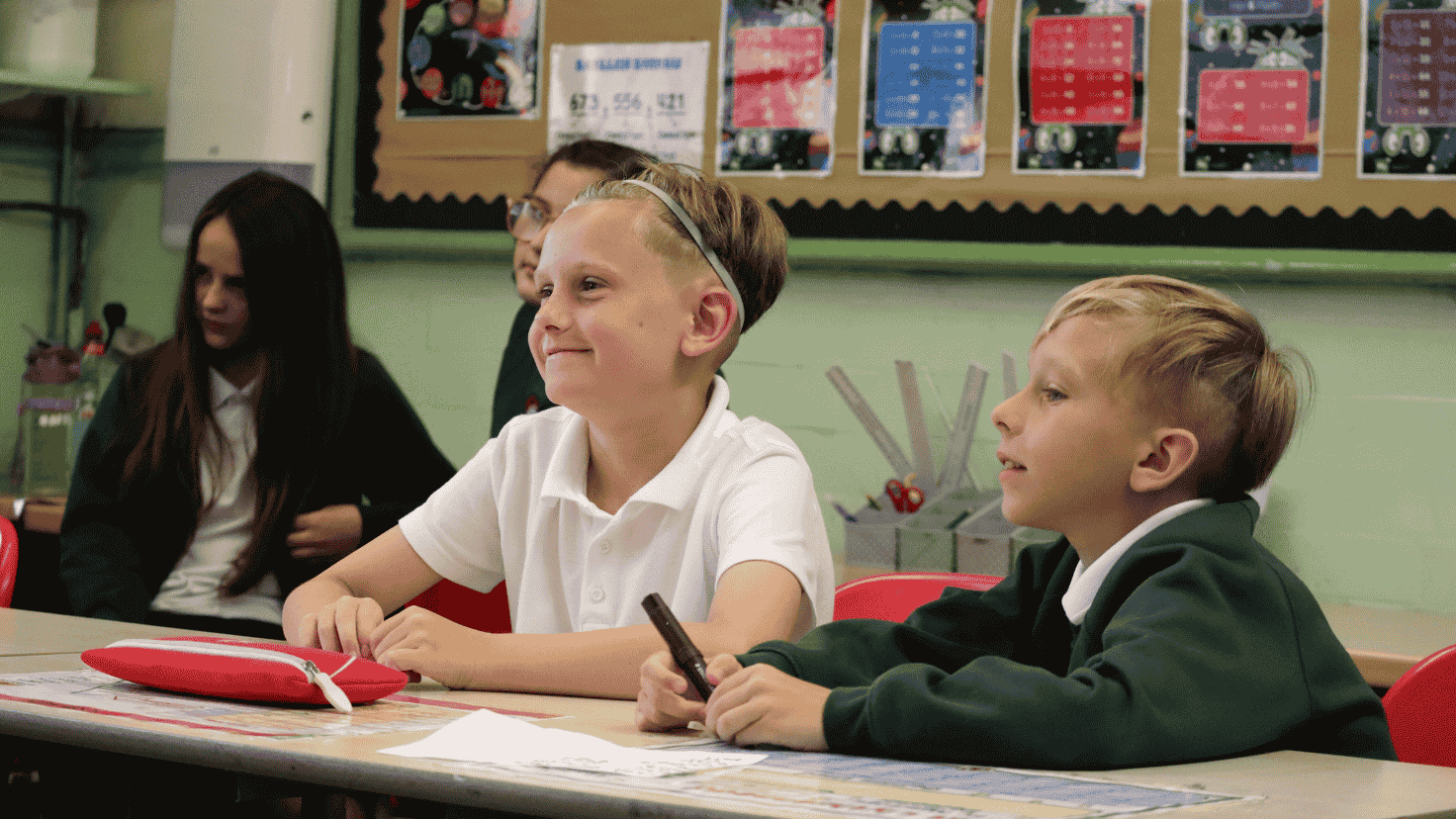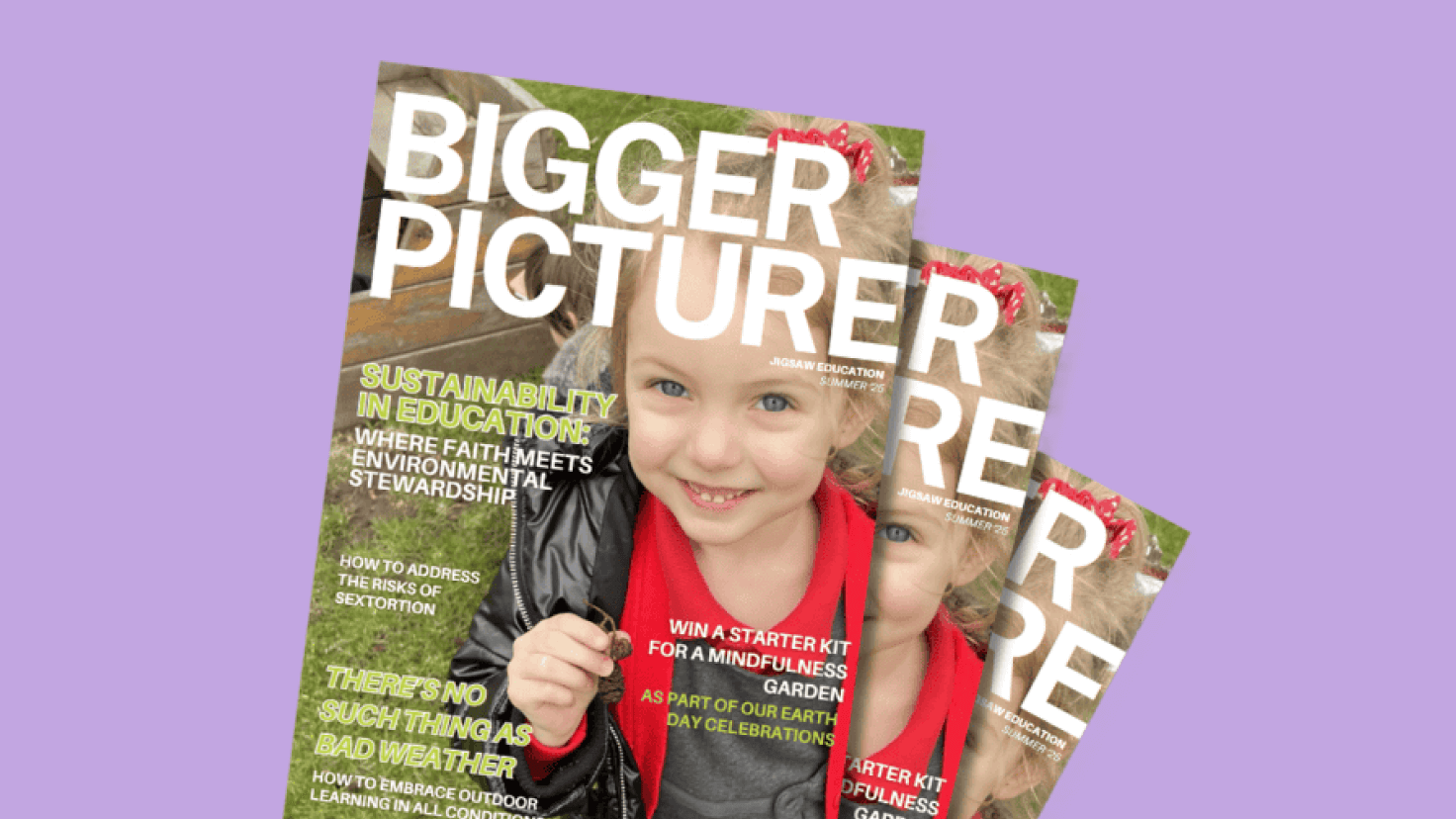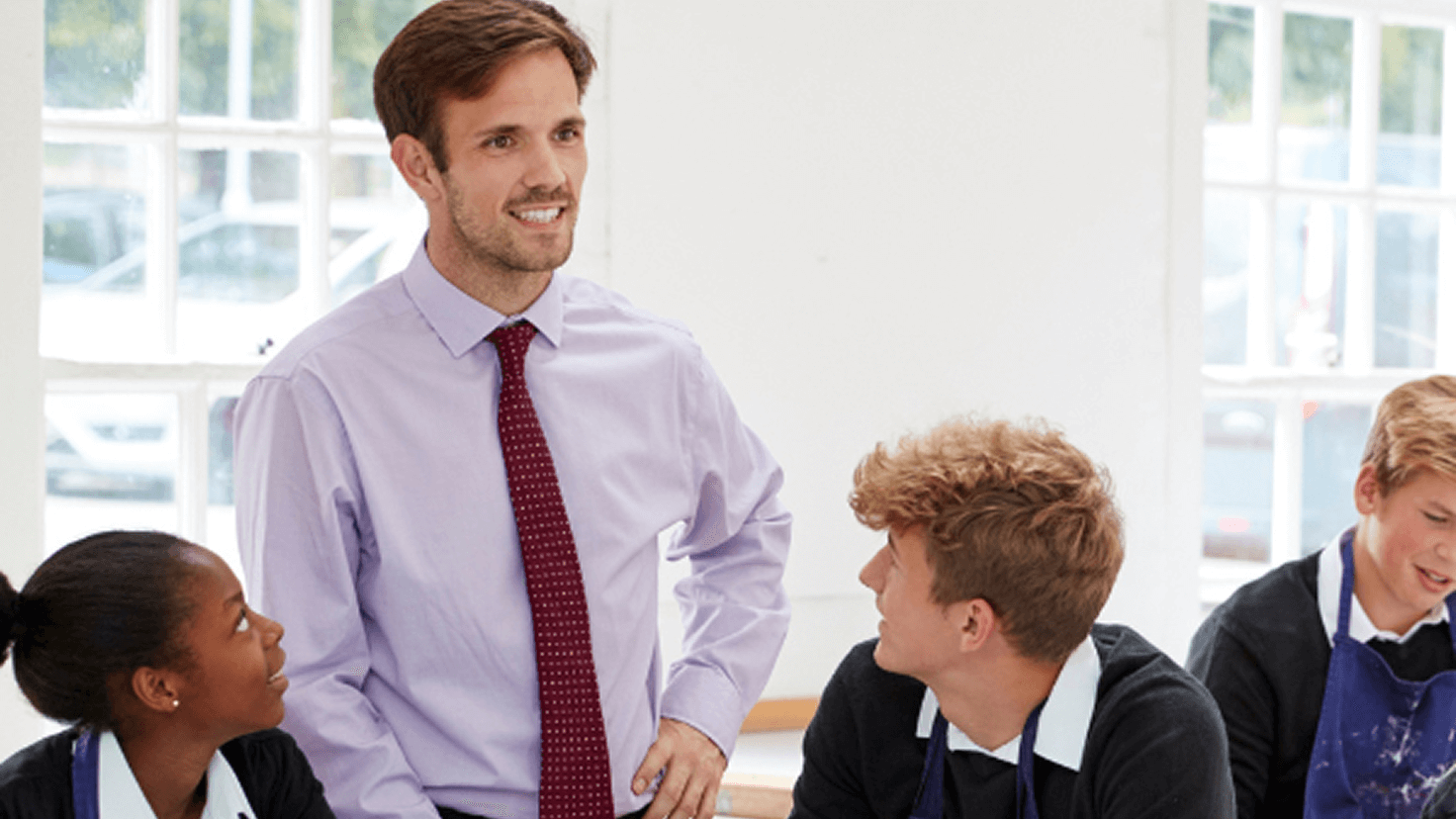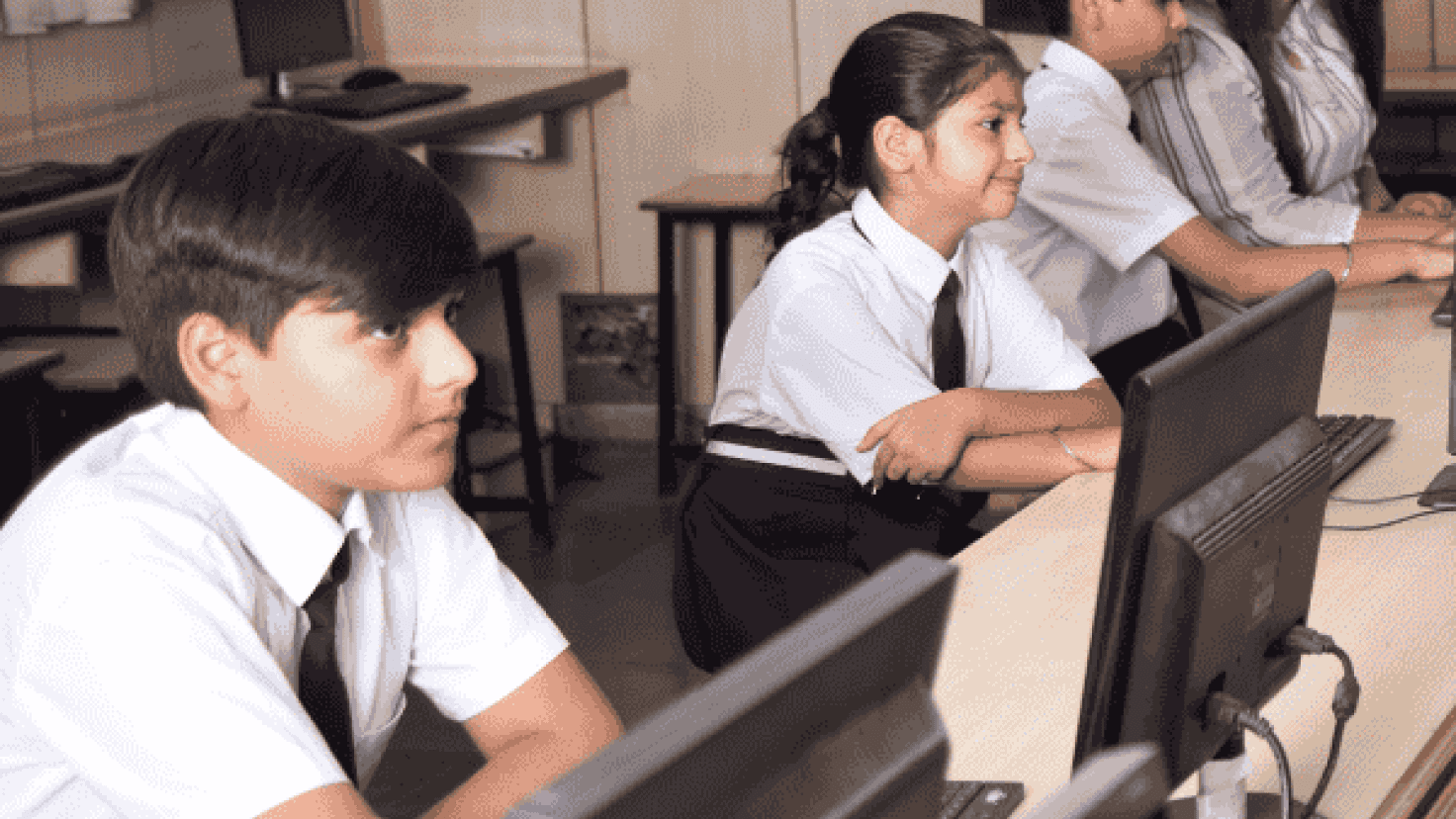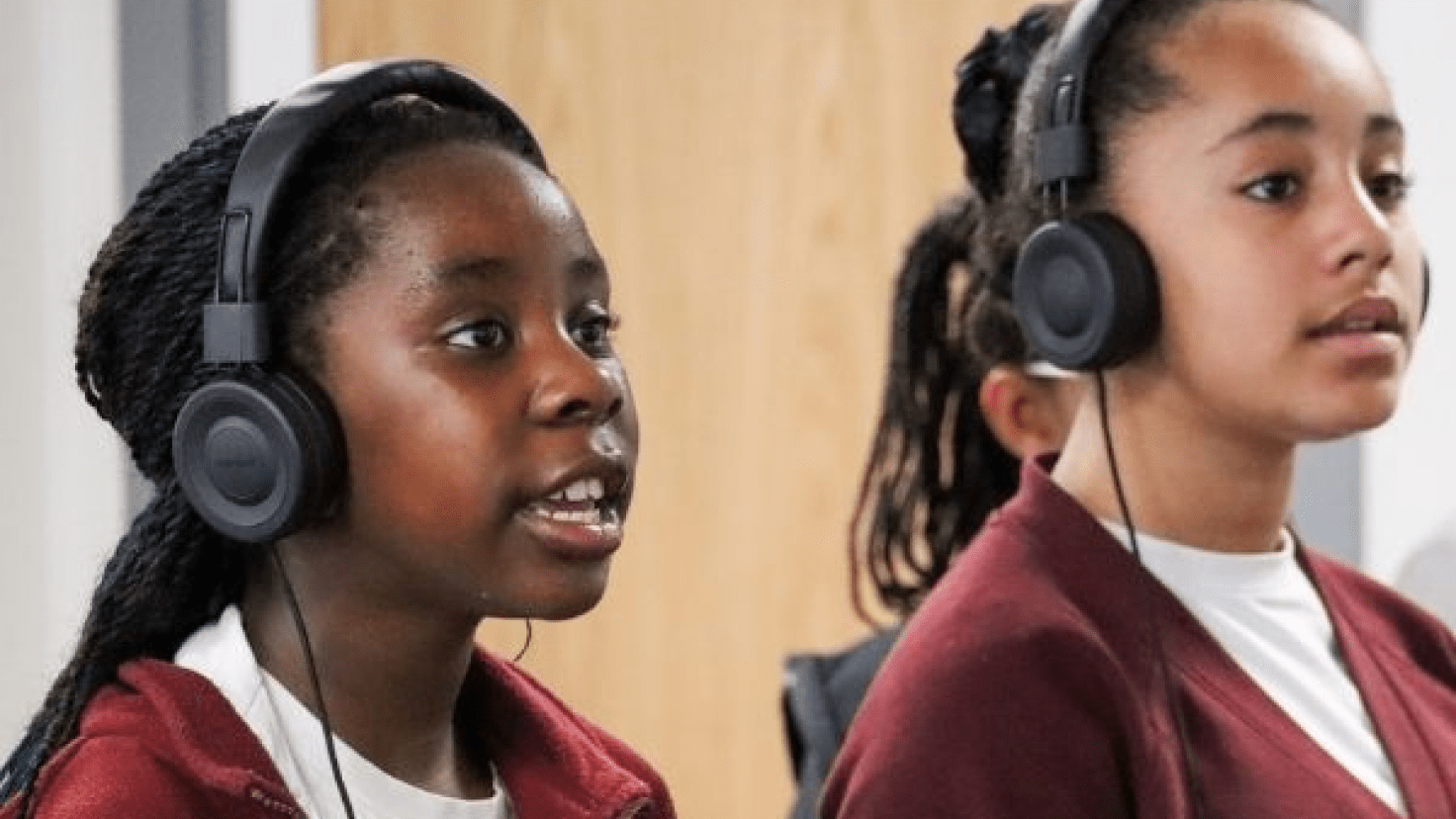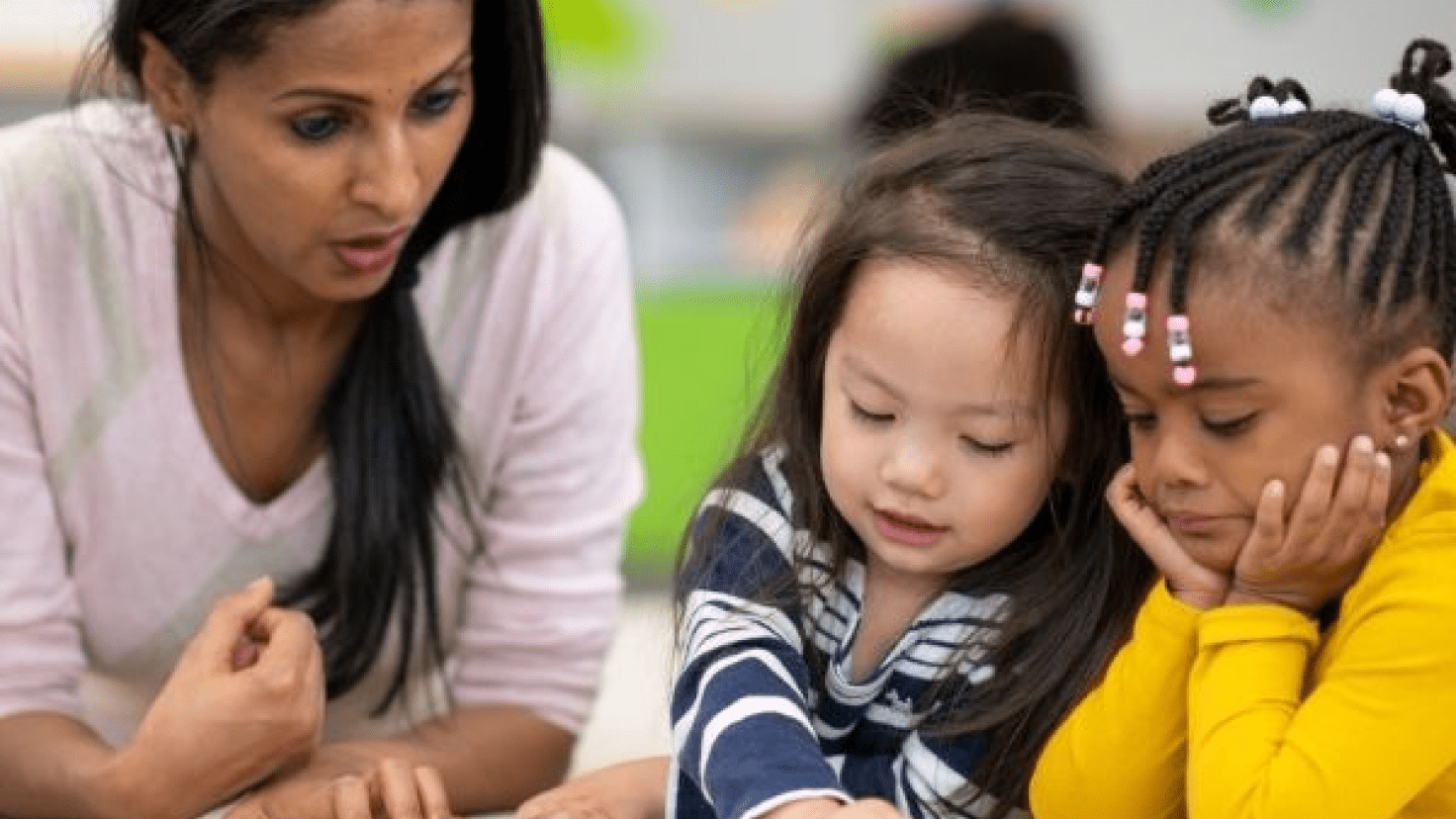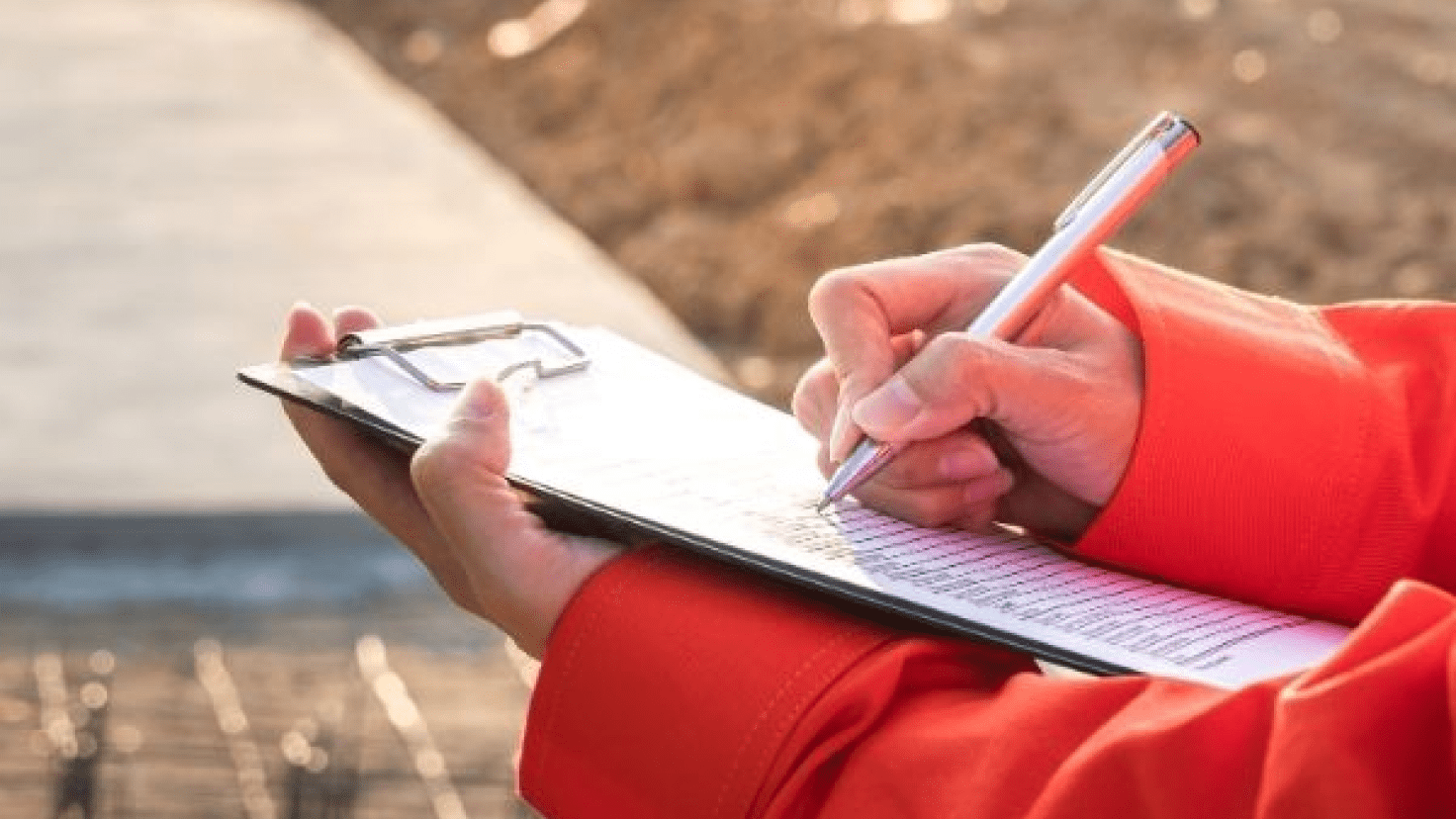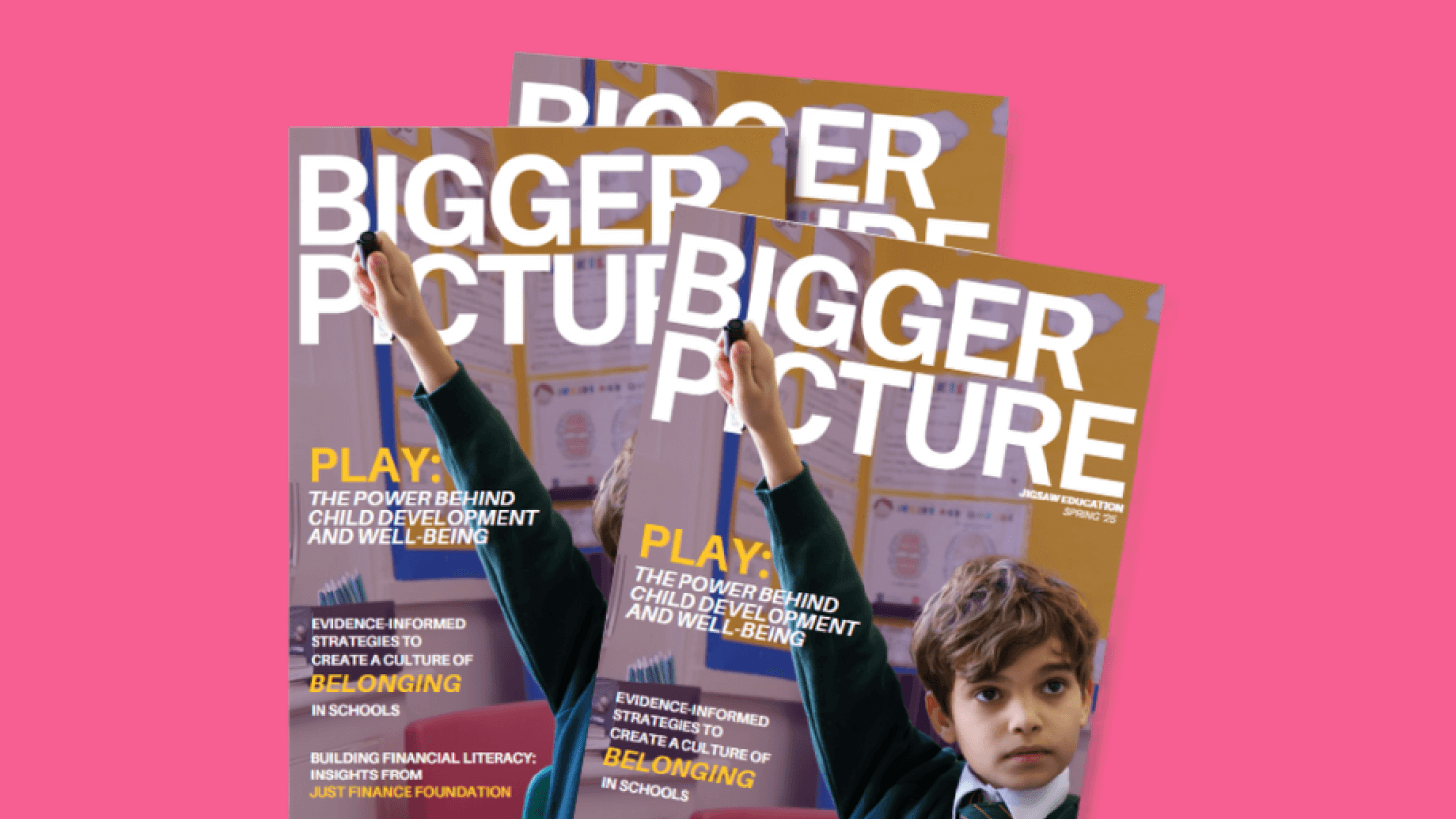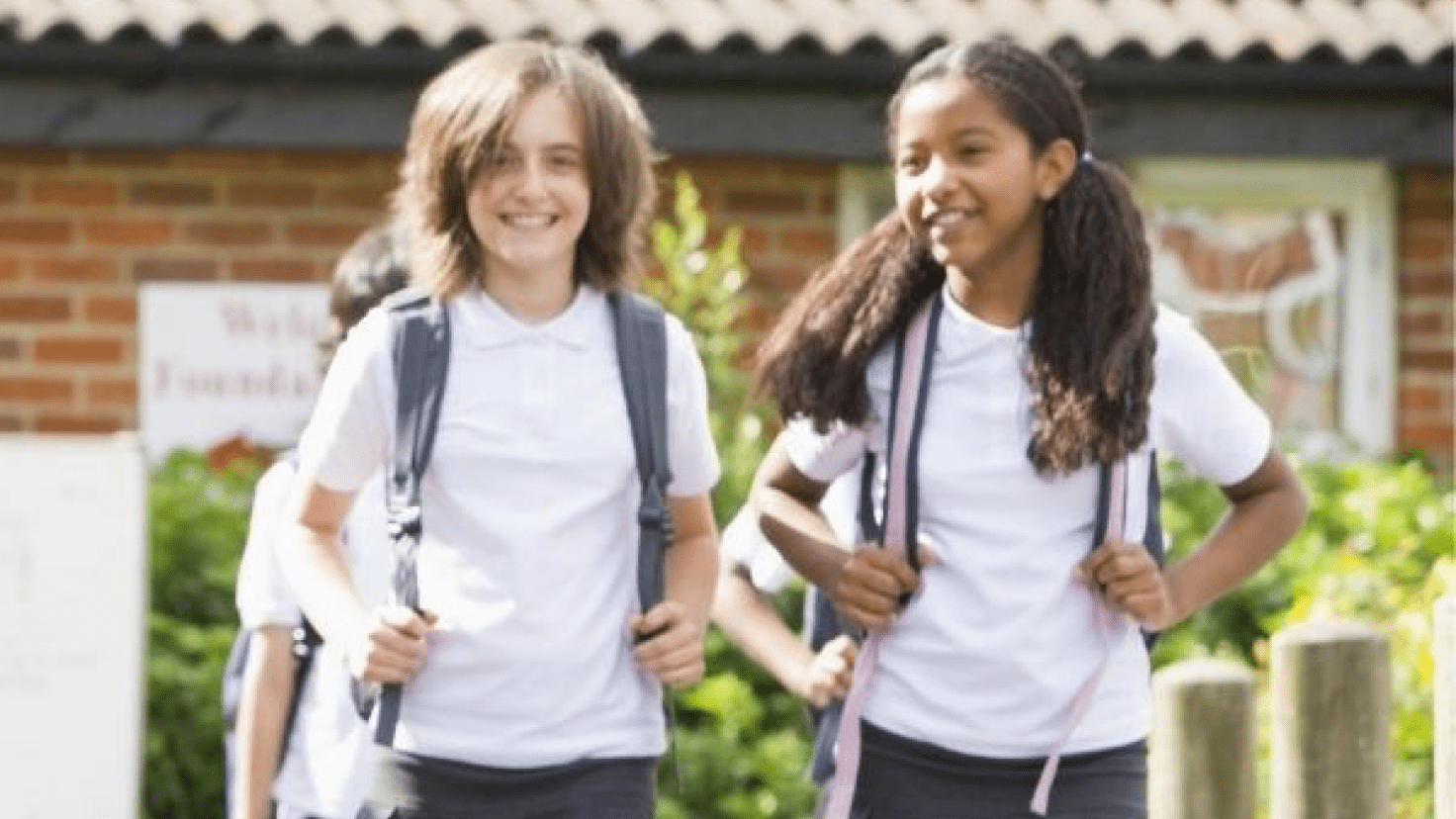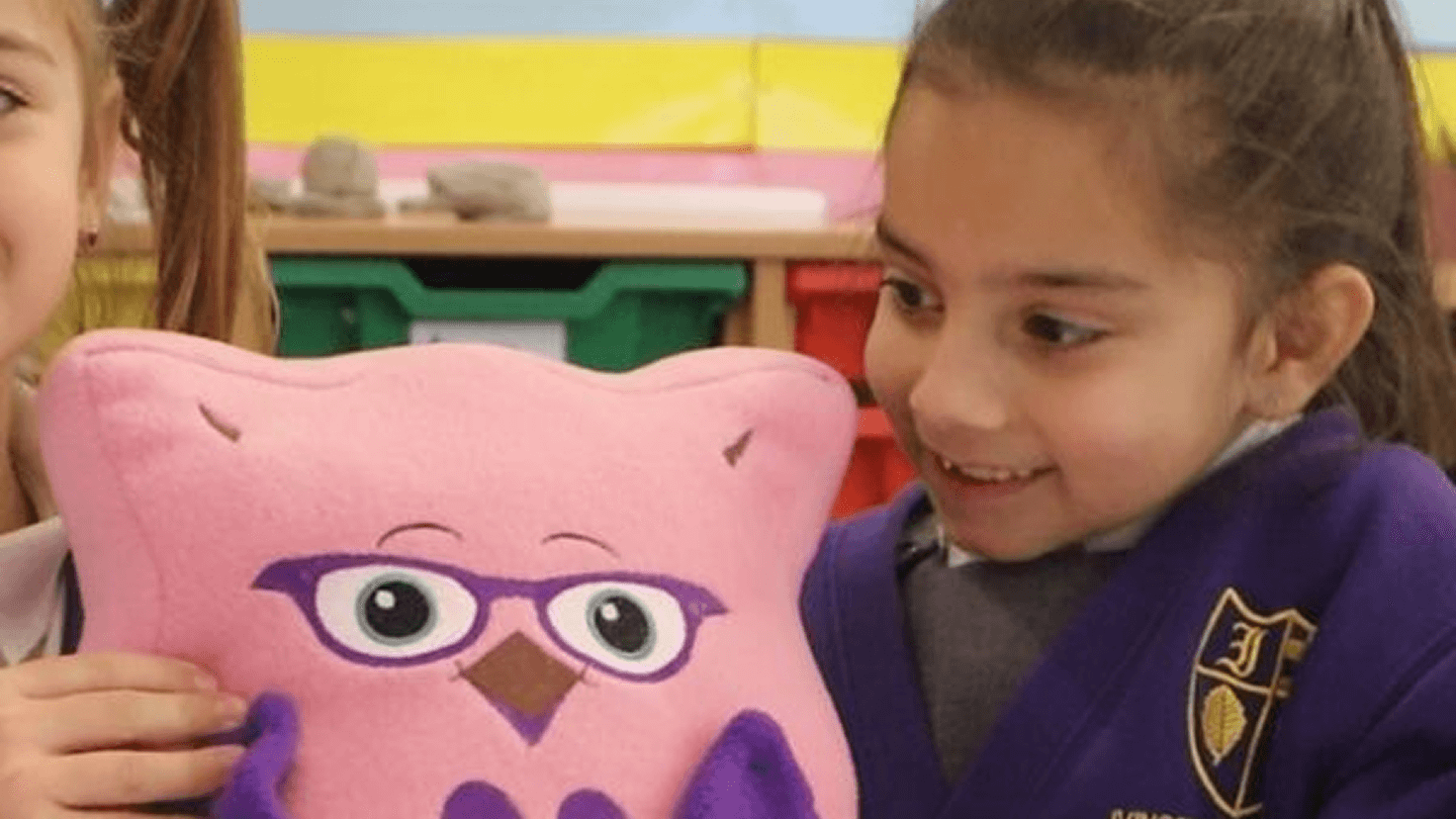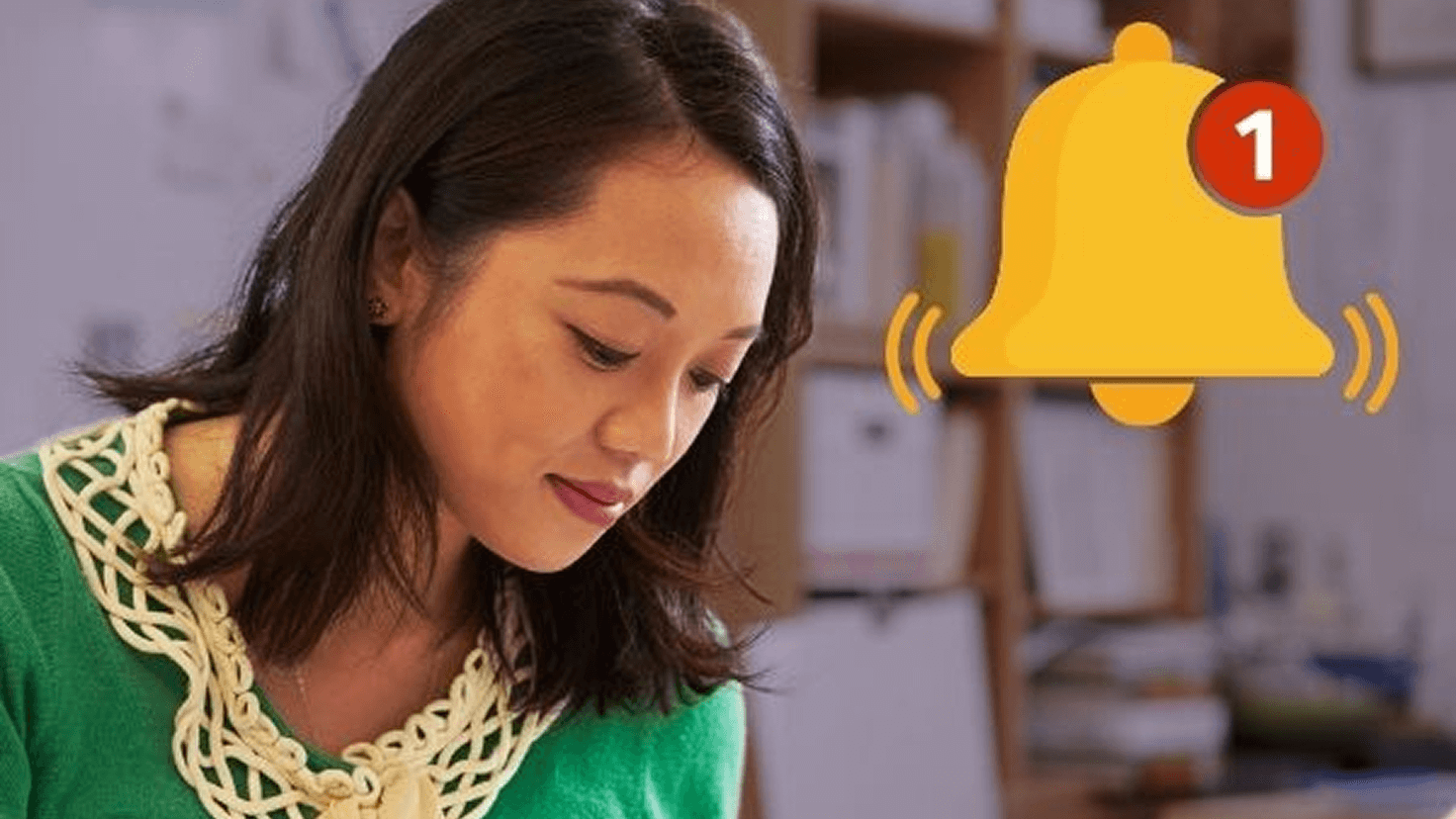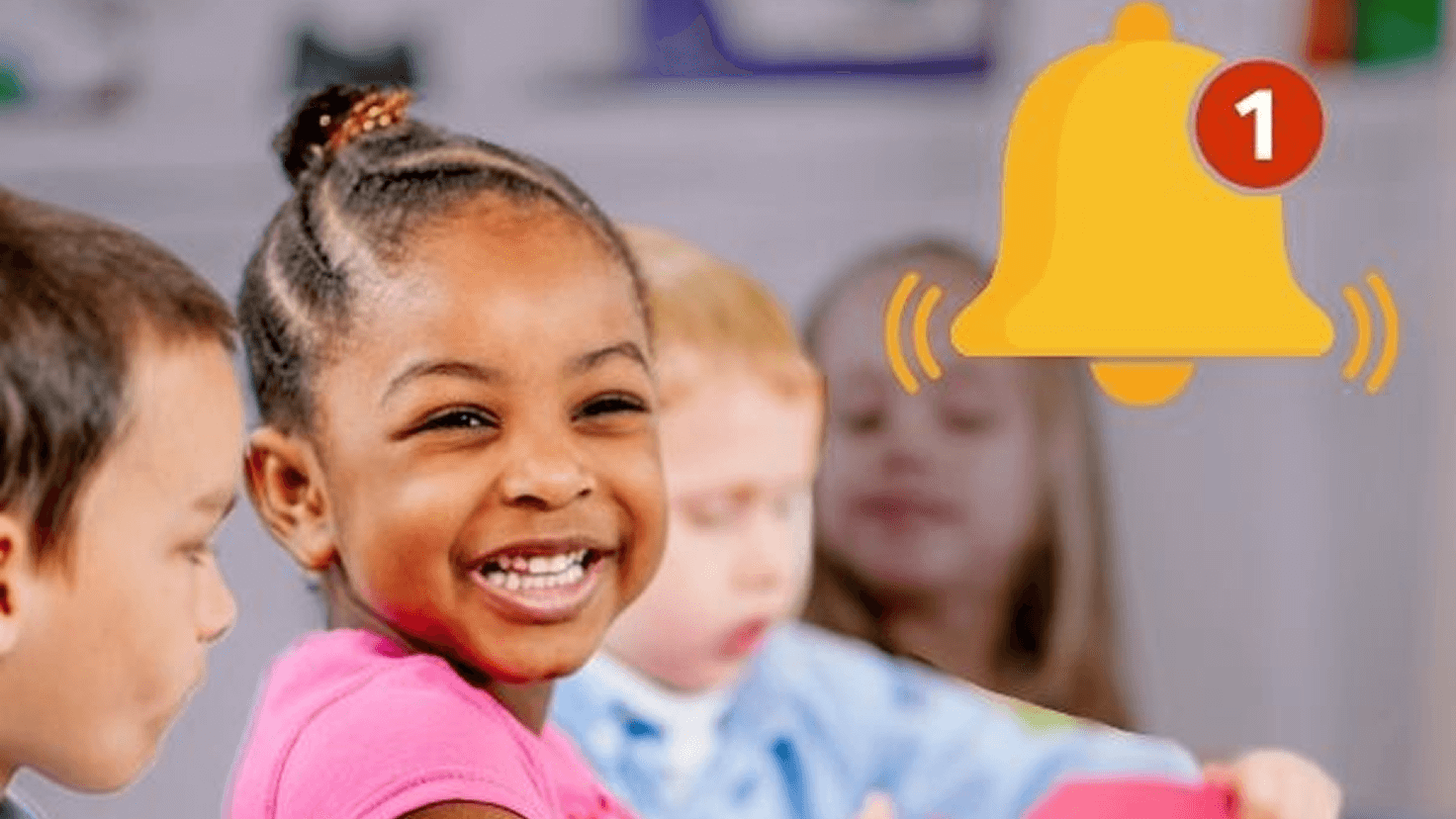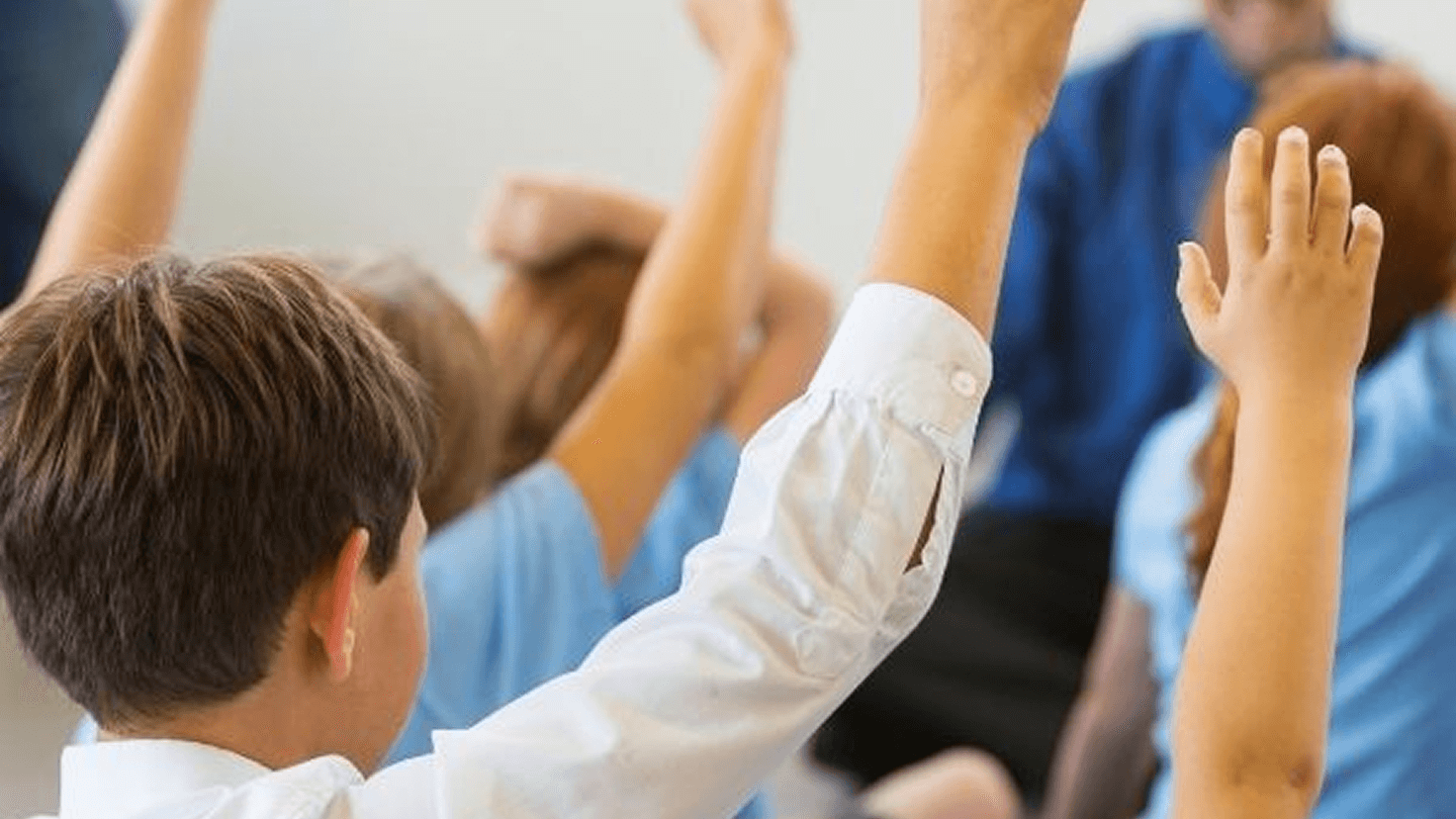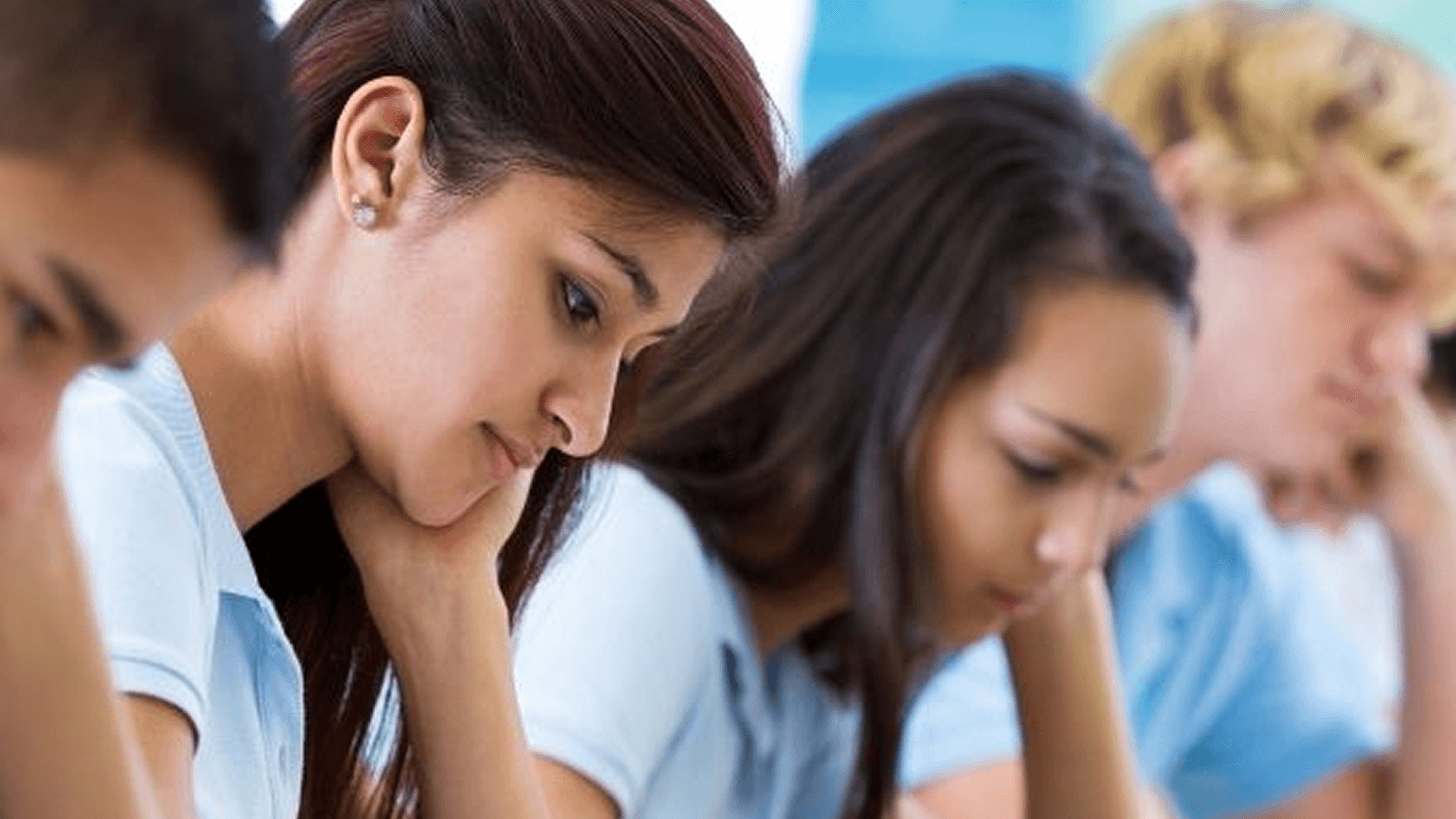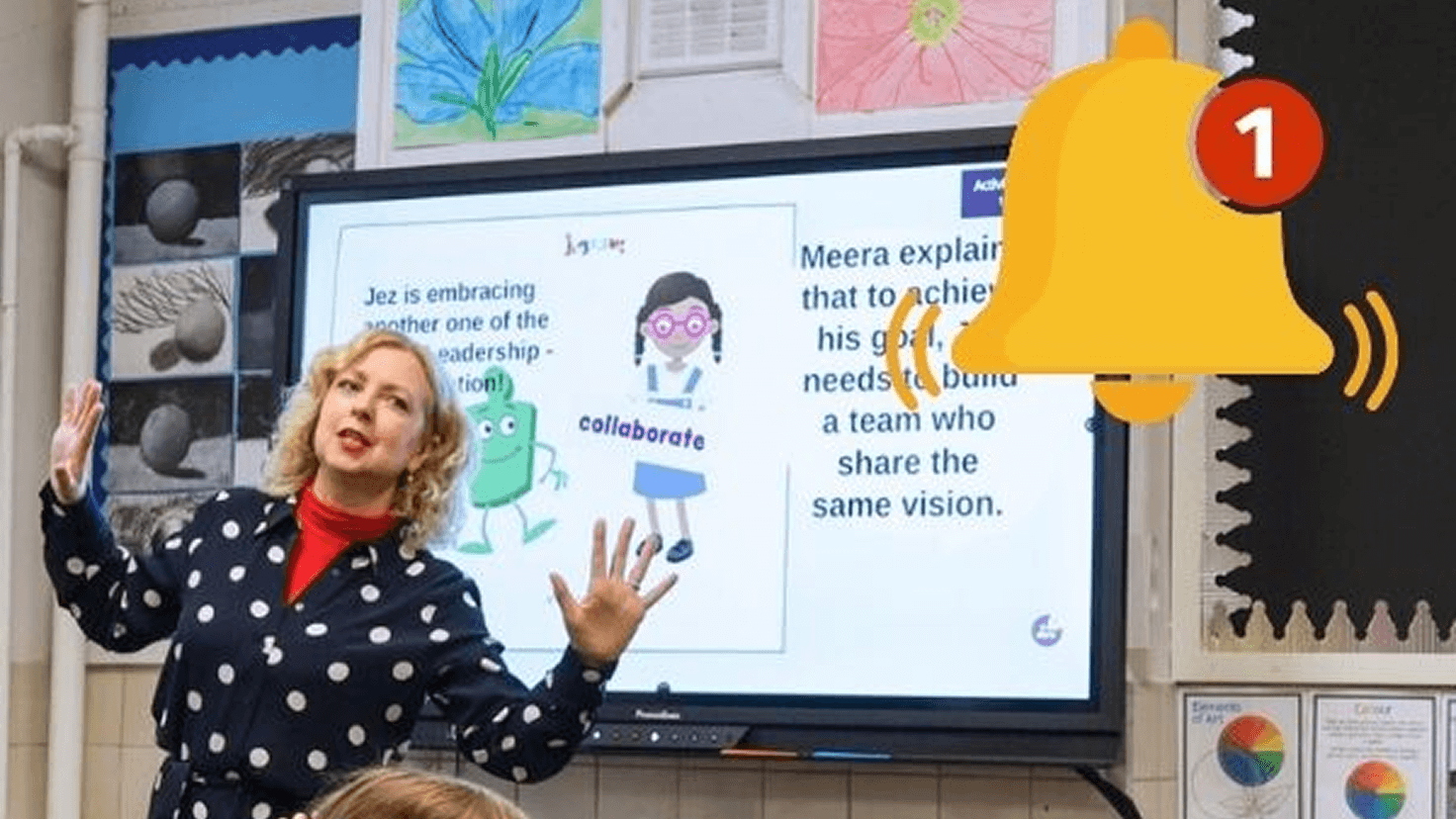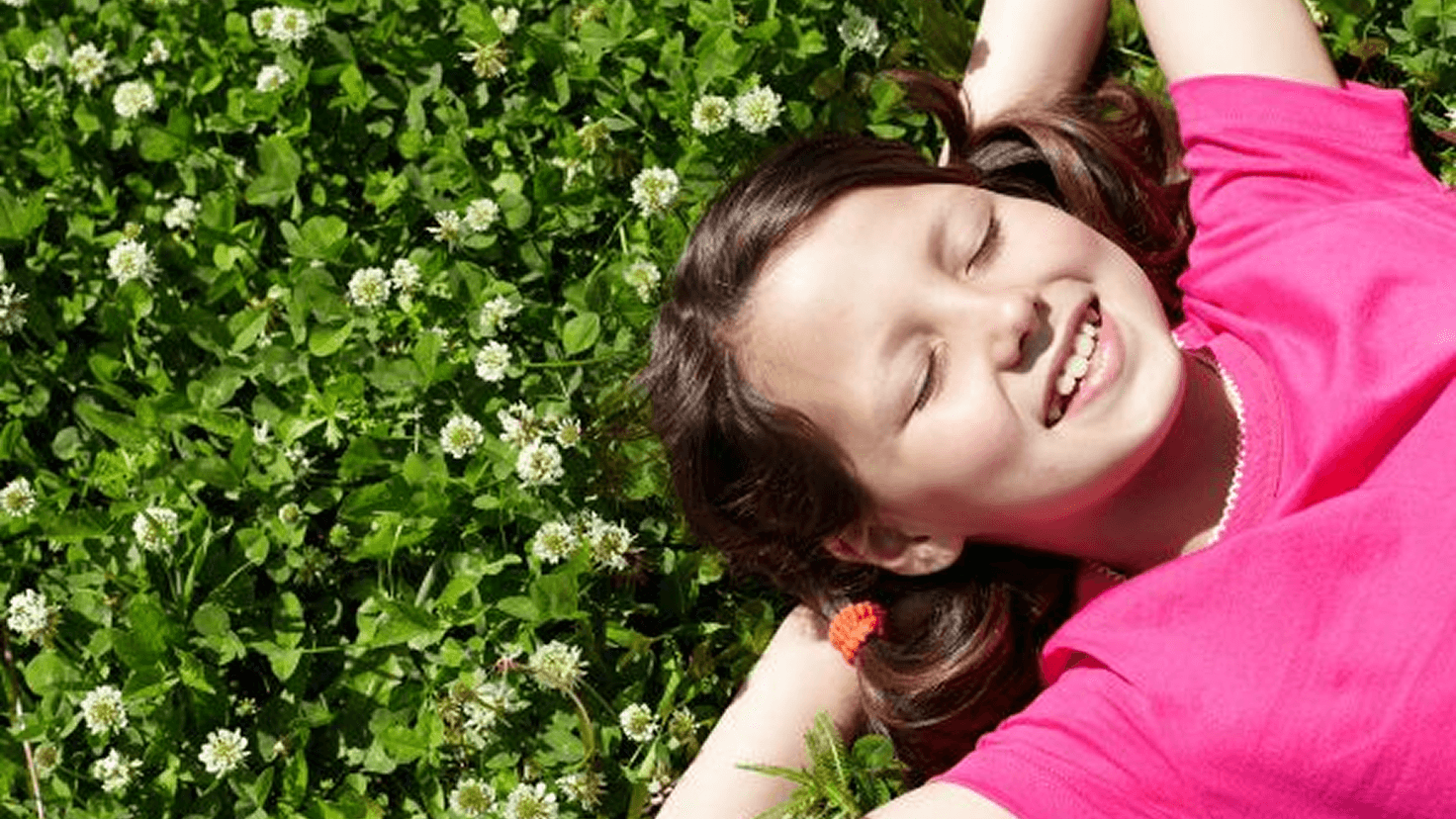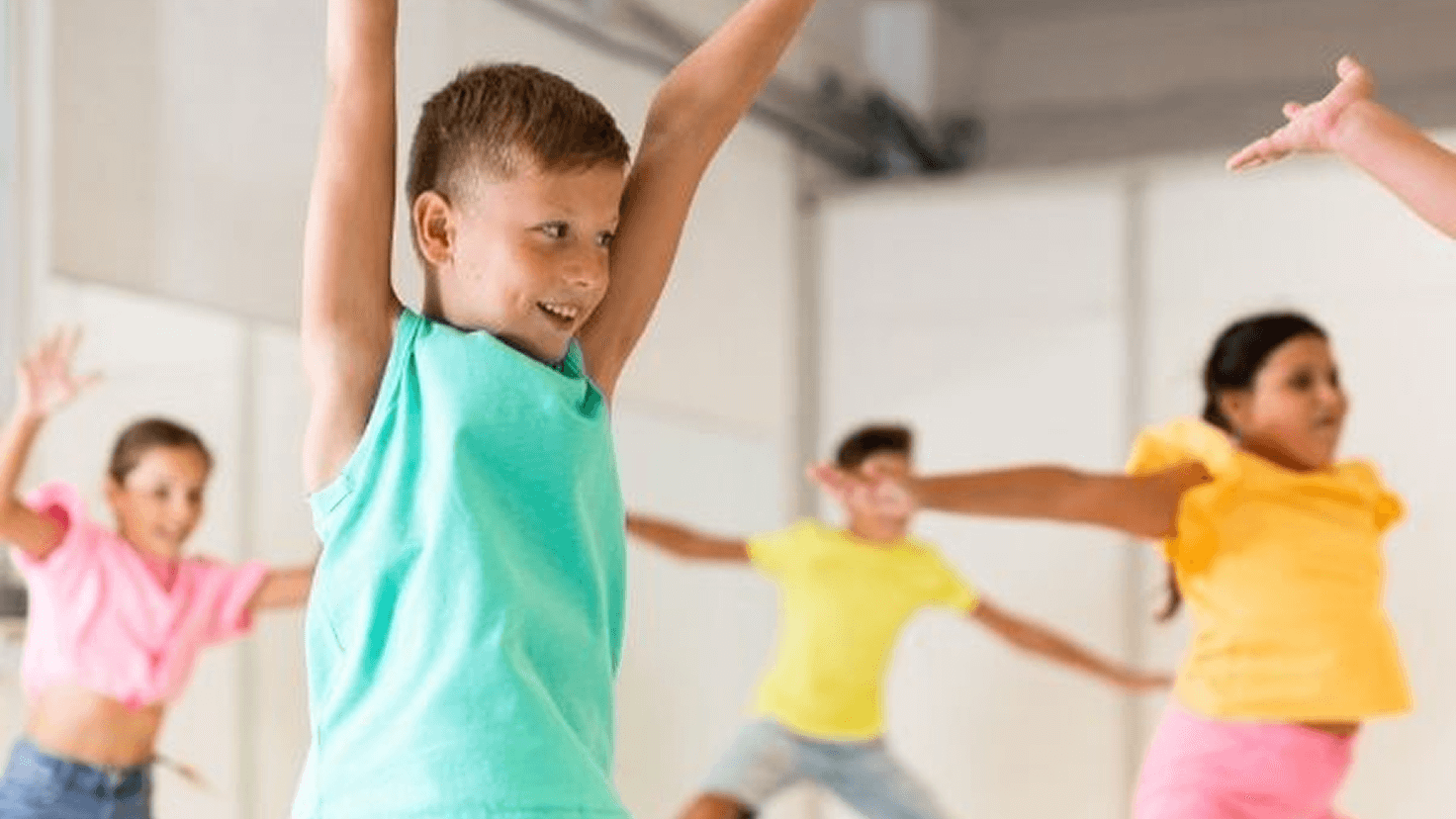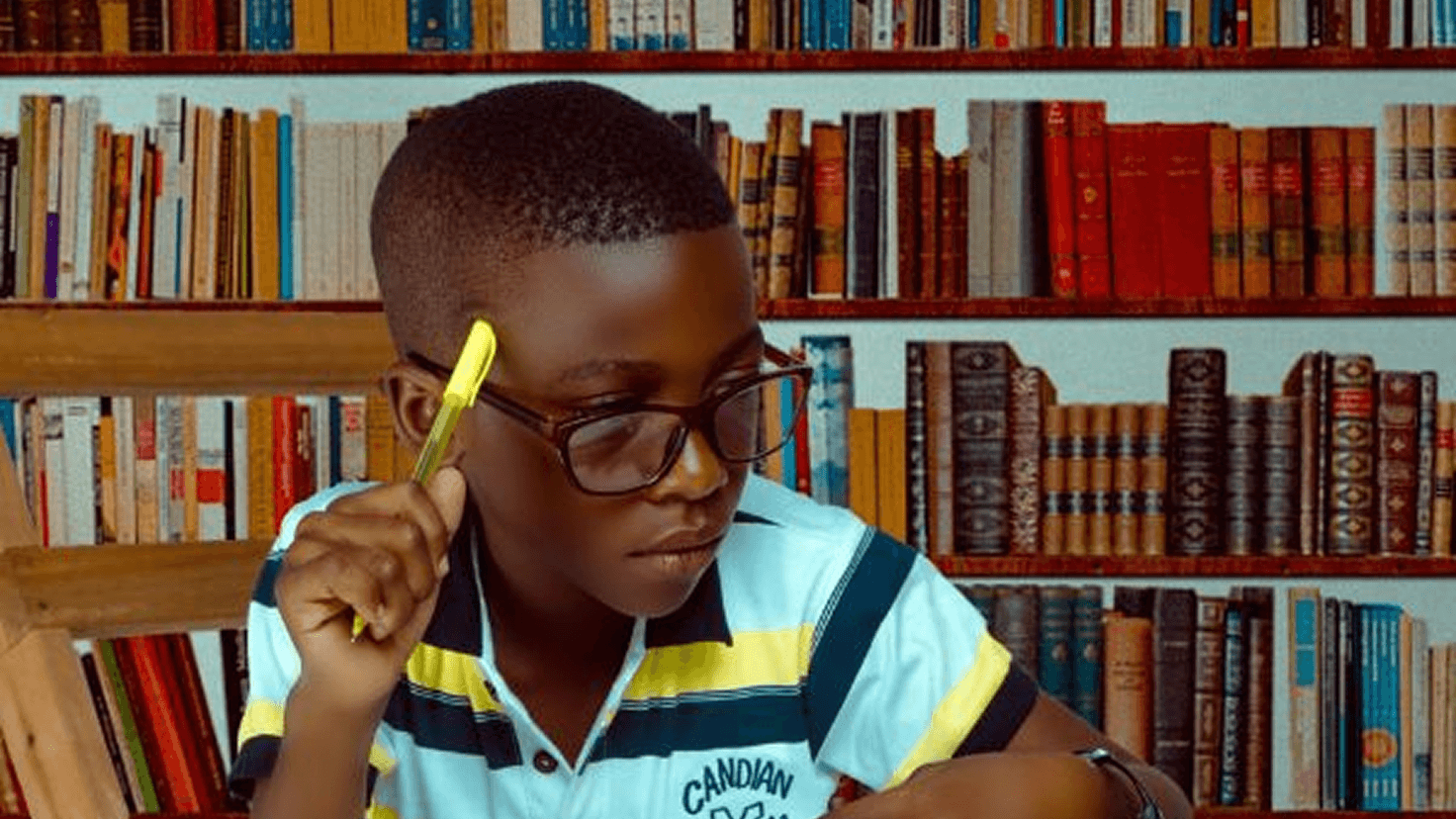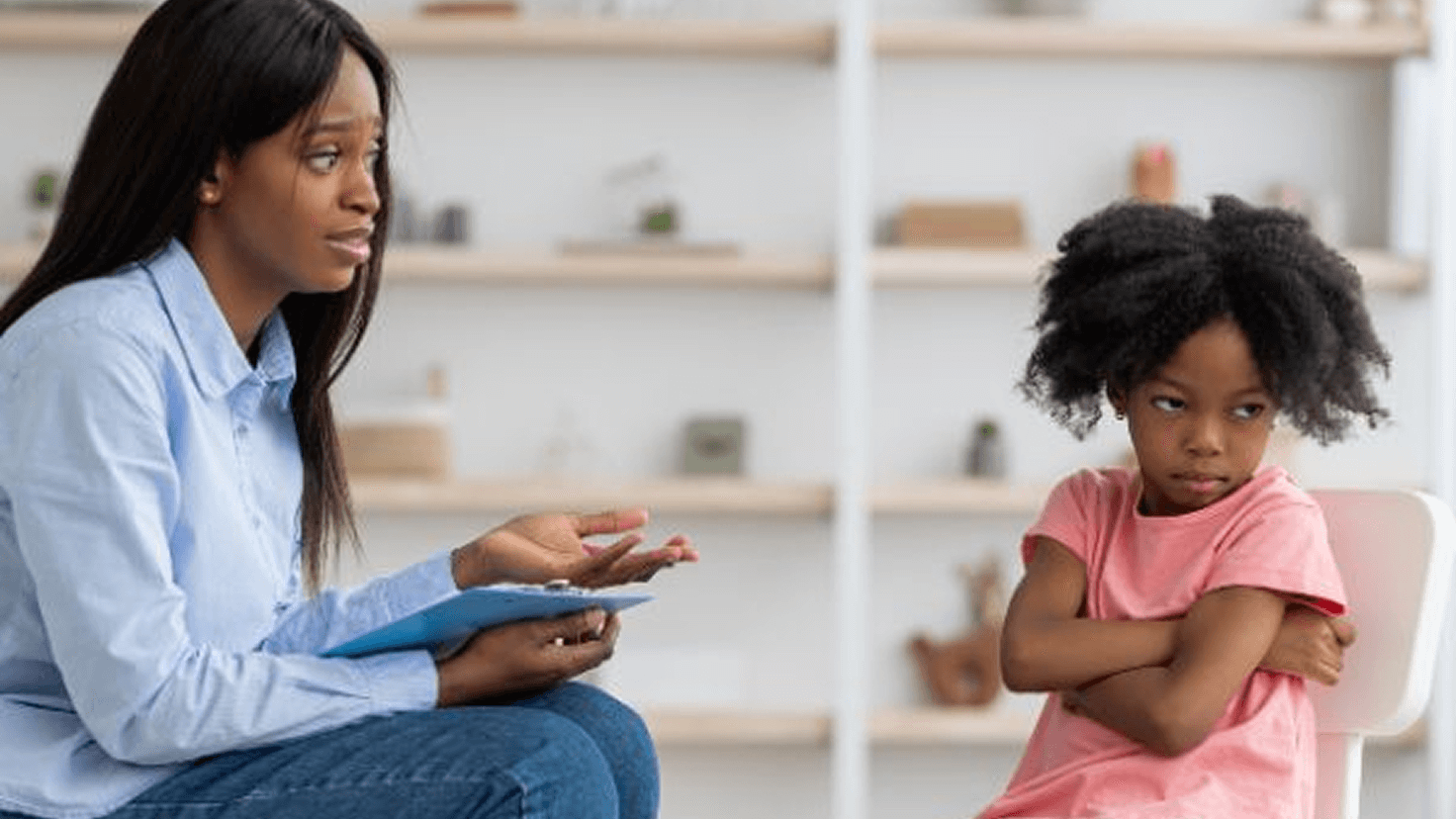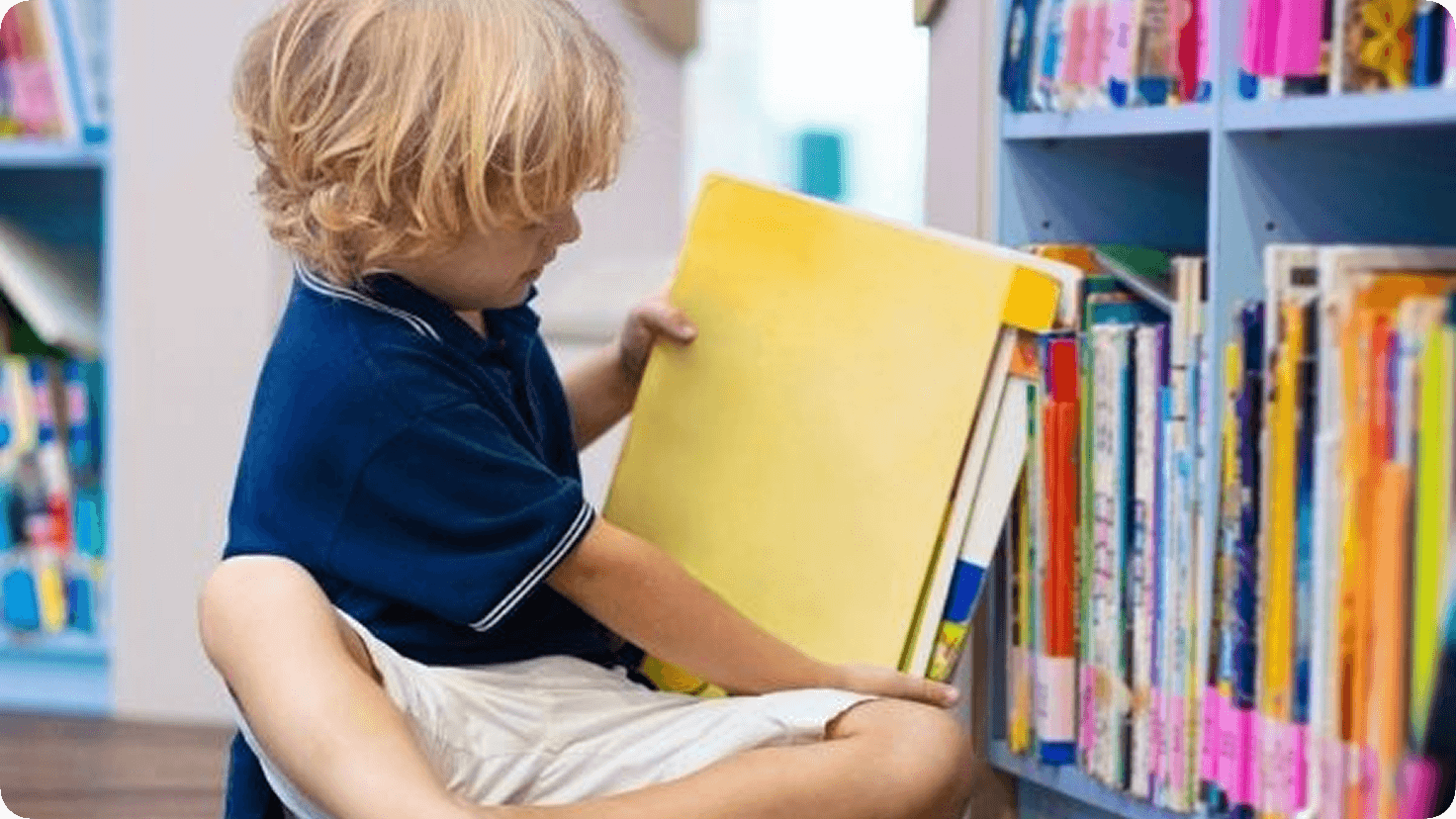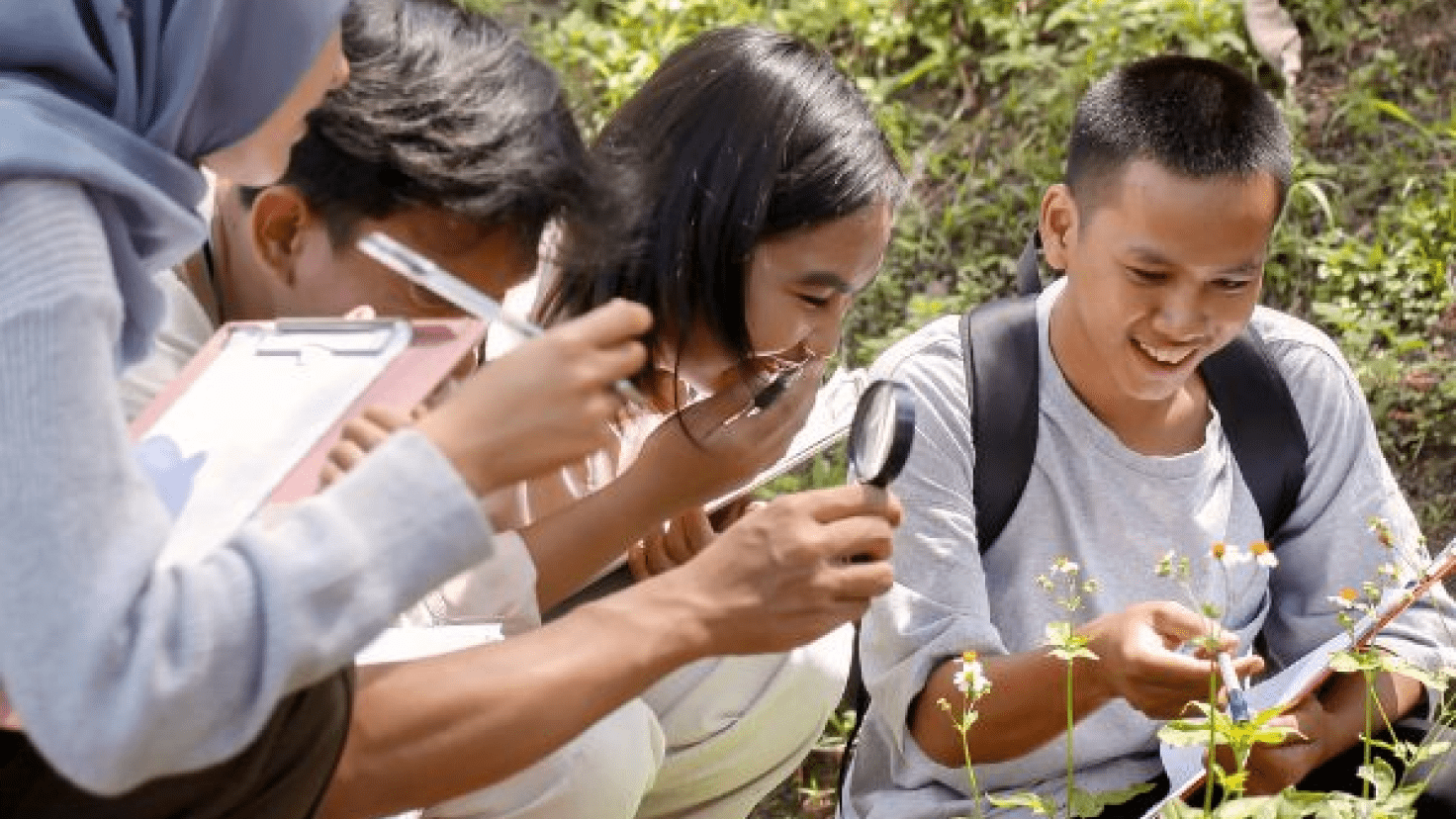Articles & Updates
02 February 2024
Critical Thinking Curriculum Shake-up

Following the recent race riots in the UK, it is proposed that pupils will be taught about how to spot “putrid conspiracy theories” and fake news as part of a curriculum shake-up proposed by the new Labour government.
With misinformation and disinformation recently identified as the biggest global threat for the next two years and the fifth biggest over the next 10 years by the World Economic Forum, this announcement couldn’t have happened at a more crucial time.
Critical thinking directly diminishes the impact of false information, reducing the impact on the individual, their network, and wider society. Bearing all this in mind, you may be asking the question, how do you begin to develop these skills in children as young as four?
It may feel unachievable, but it can be as simple as asking open questions in every lesson, getting children to understand how and why they know something to be true, not just what the truth is.
The Key Critical Thinking Skills that Children should Learn
There are 10 key critical thinking skills that children should be aware of and be able to apply in multiple situations.
Research skills – research skills combine the ability to identify credible data sources, gathering and evaluating information while providing analysis and insights based on this work.
A measured approach – by weighing up different sources and approaches, you can take a more measured approach. By seeking out these multiple sources of information, you can then identify commonalities between sources, challenge your own bias and identify flaws in your reasoning.
Objectivity – critical thinking is a skill that needs to be practiced, especially in terms of objectivity. This means without feelings, opinions or biases, focusing solely on information.
Ability to ask questions/debate – being able to support your position with authoritative sources and solid arguments, is a key pillar of both debate and critical thinking.
Reflection – taking time to think about decisions is crucial to critical thinking. By reflecting, it is possible to actively challenge our biases and find alternative sources, making our reasoning much stronger.
Applied media literacy – To be media literate is to be able to think critically about all information consumed through media. Media literacy is our ability to apply critical thinking and to retain an objective viewpoint, in the middle of this media storm.
Willingness to pause – A willingness to pause is closely linked to reflection. It is important to take time before coming to a conclusion, weighing up the sources available to you.
Lateral thinking – The purpose of lateral reading is to ascertain the key points, but to read across different sources in order to evaluate the credibility of what you are reading and the ‘facts’ you are comprehending.
Open mindedness – Opinions differ and while there can be definite rights and wrongs, in the majority of cases, there is plenty of nuance. Critical thinkers accept that they won’t always agree with another individual, and approach conversations in a rational, open-minded and respectful way.
Curiosity – Critical thinking is a deliberate approach to thinking, in which we obtain, review and examine information to determine its validity. Practised well, it requires curiosity and a willingness to pursue information wherever that may lead.
While many of these skills seem significantly grown up and complex, in reality, they can be applied at any age. Encouraging children to read around subjects, challenge ideas, question “how do you know” something is true, and encouraging questions and curiosity, are all the building blocks of lifelong critical thinking skills.
By actively practicing critical thinking, children will inevitably get better at it, making them less susceptible to fake news and misinformation.

